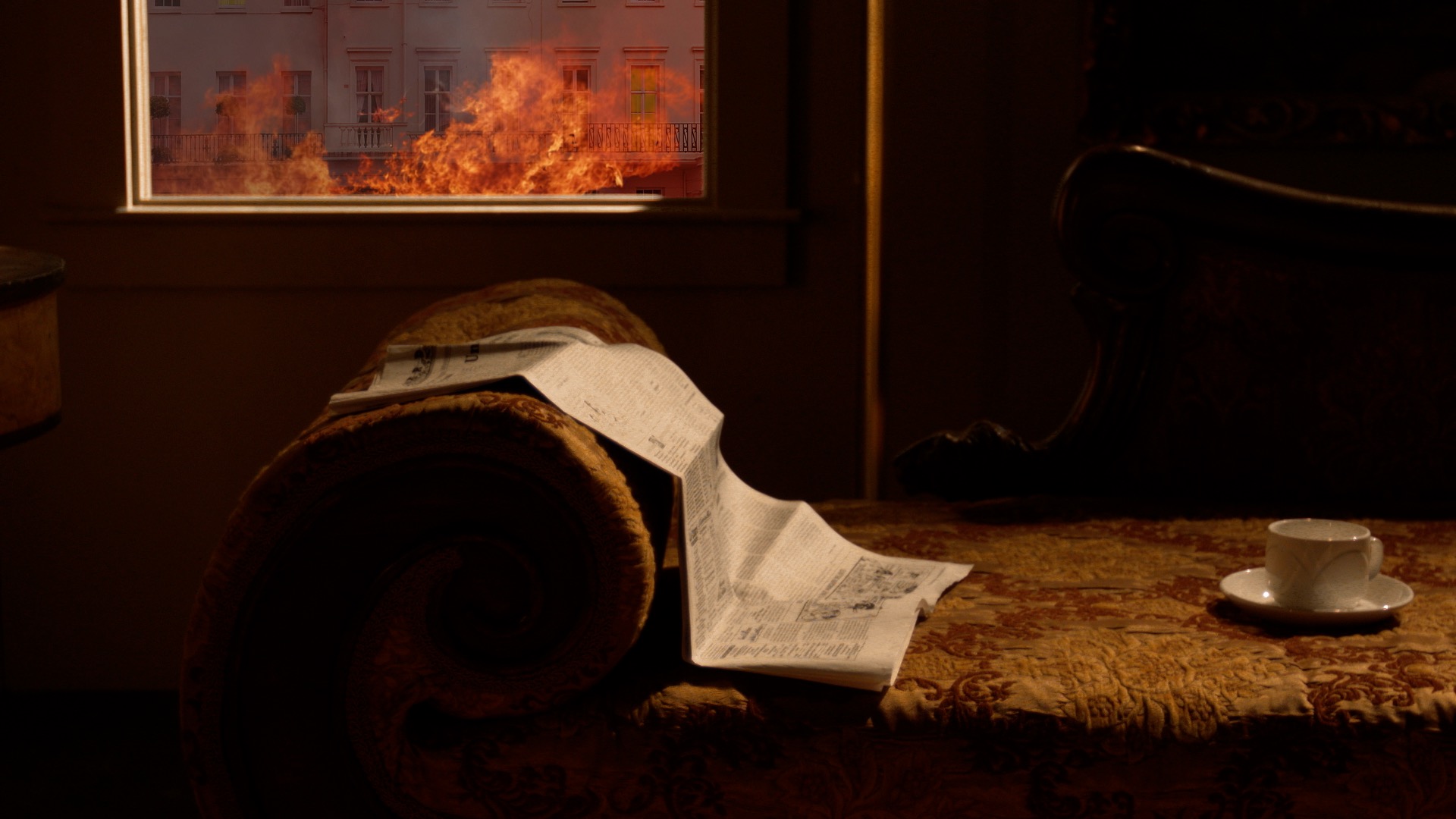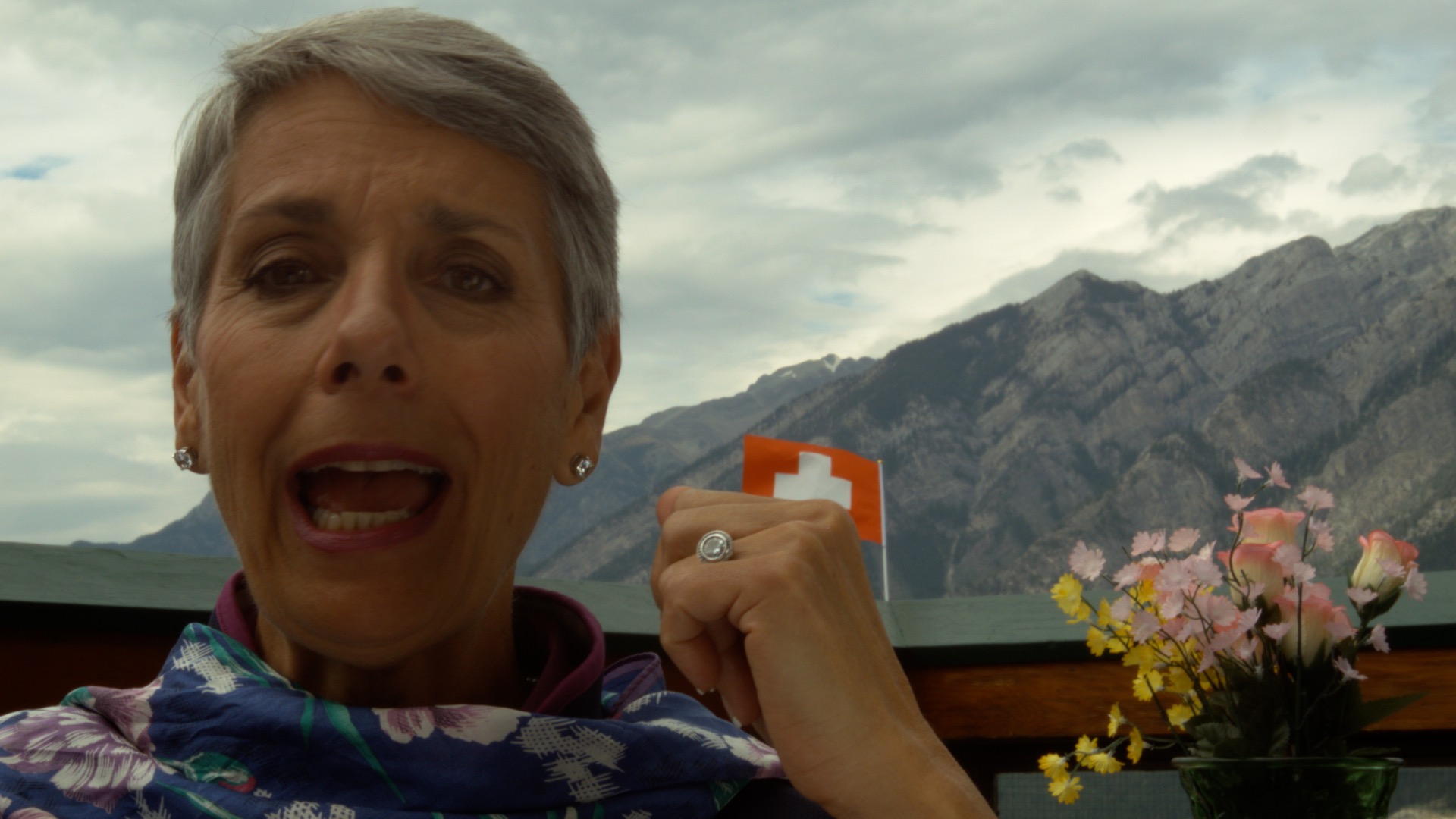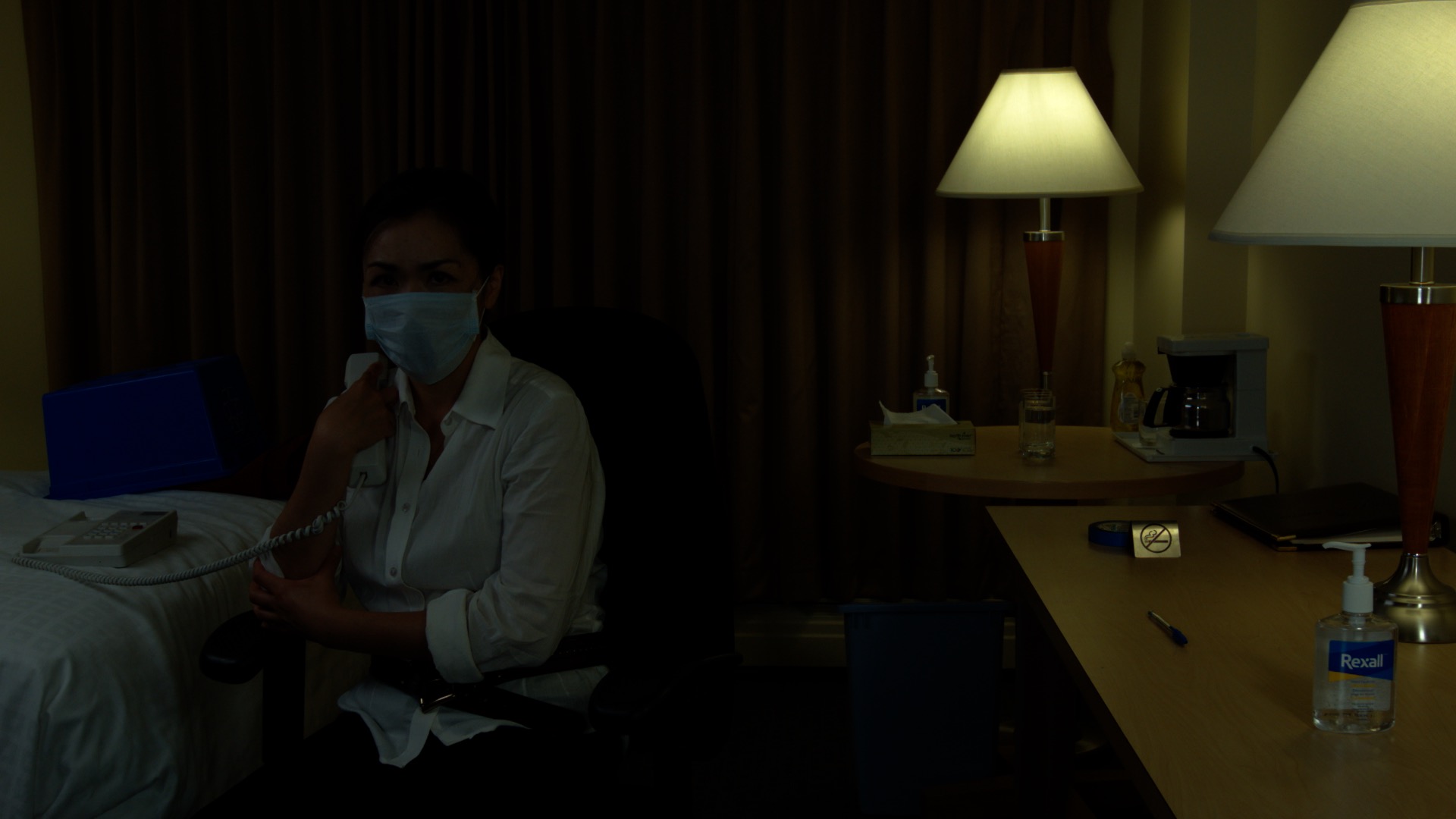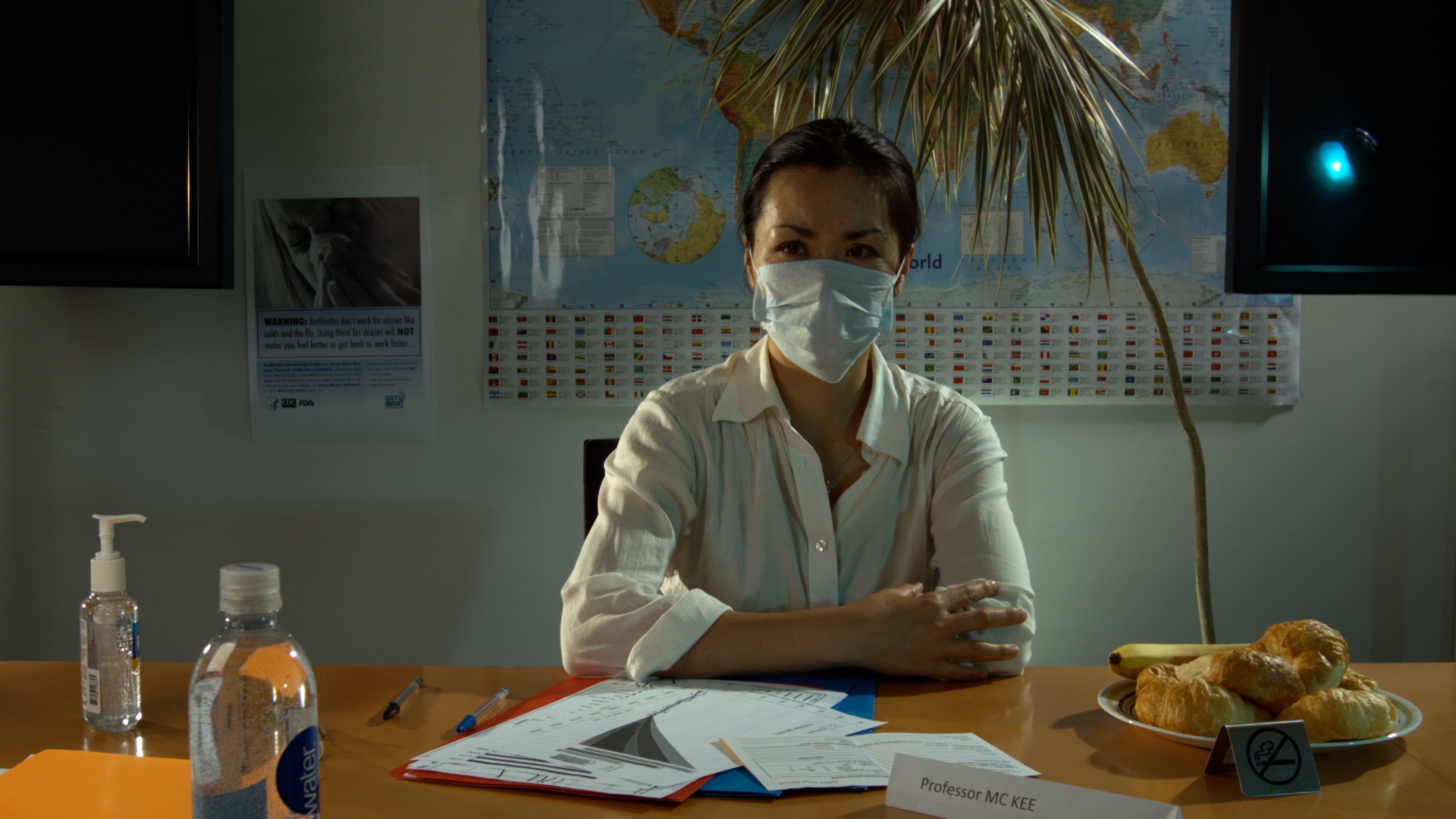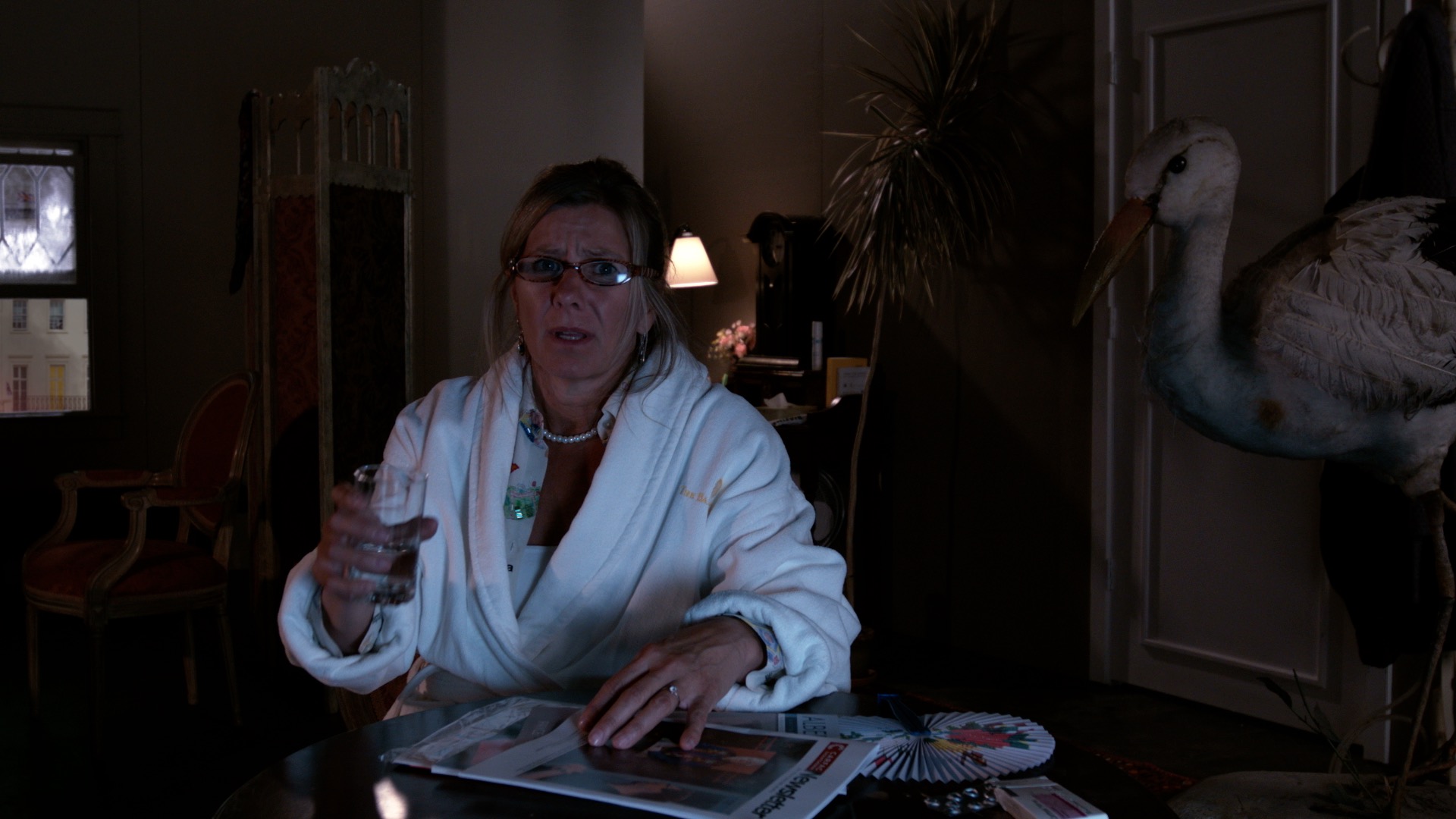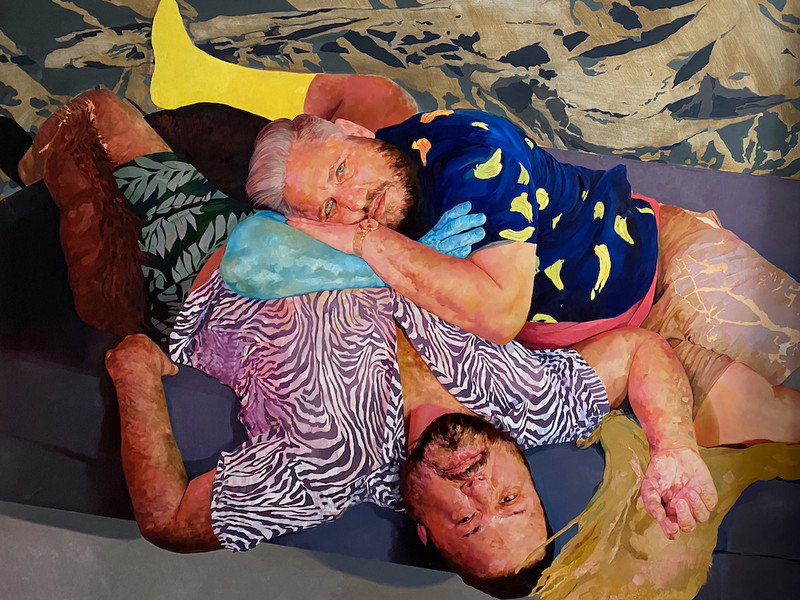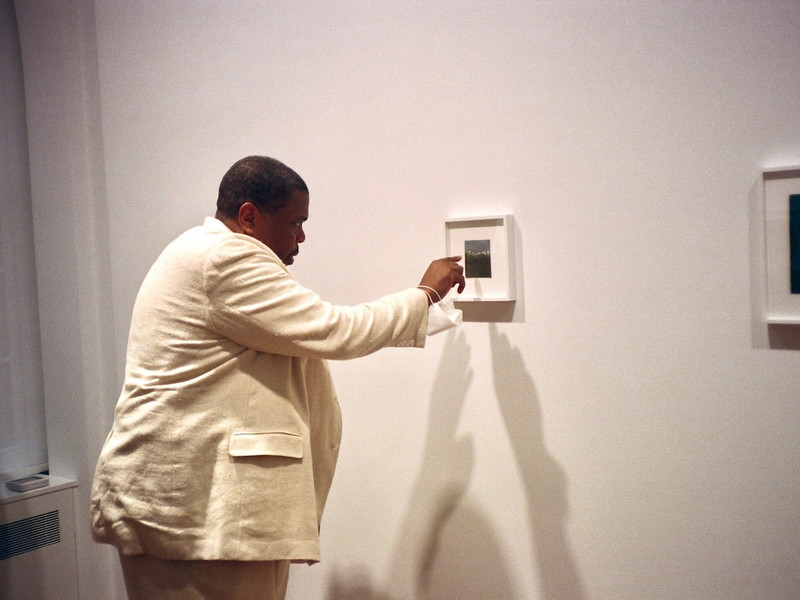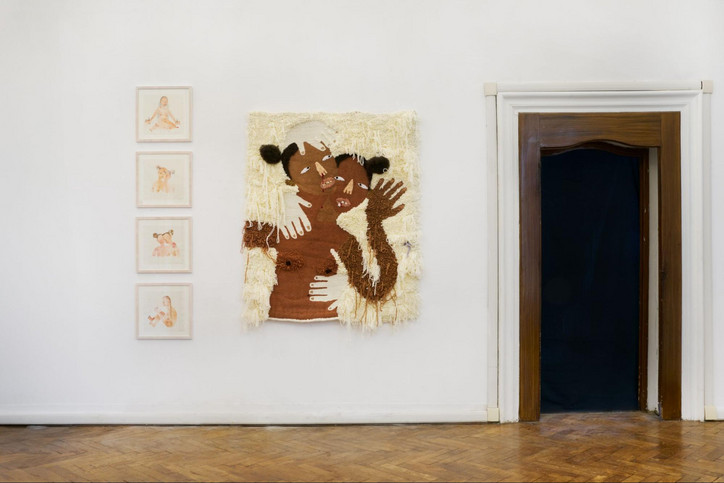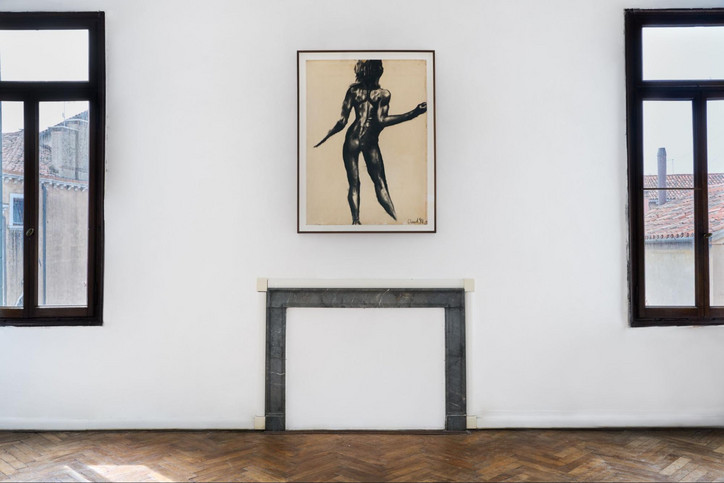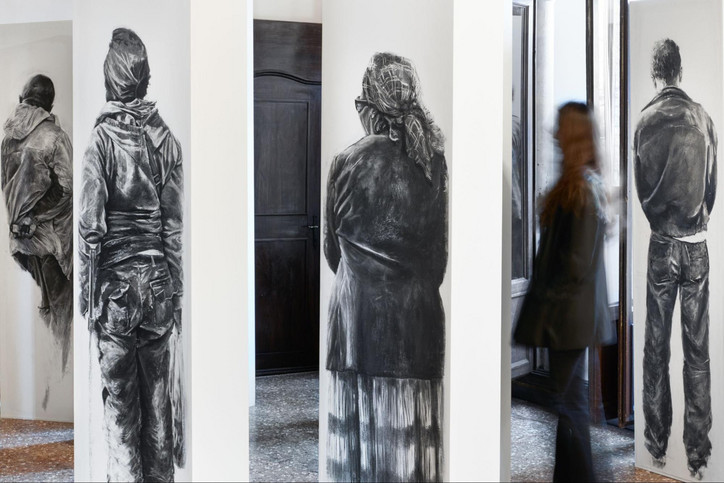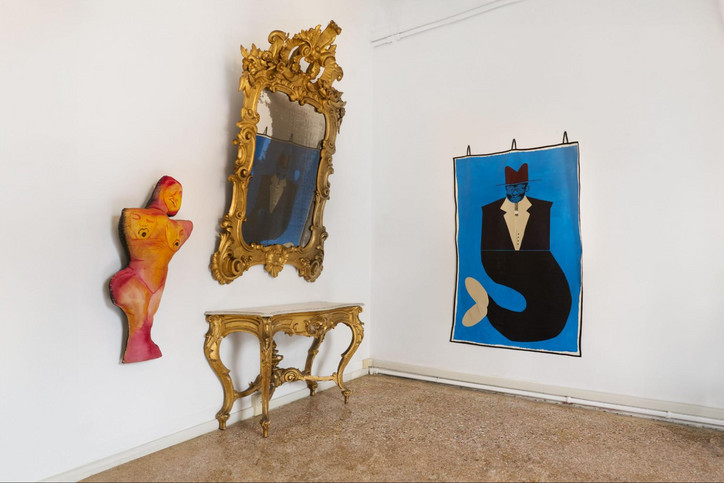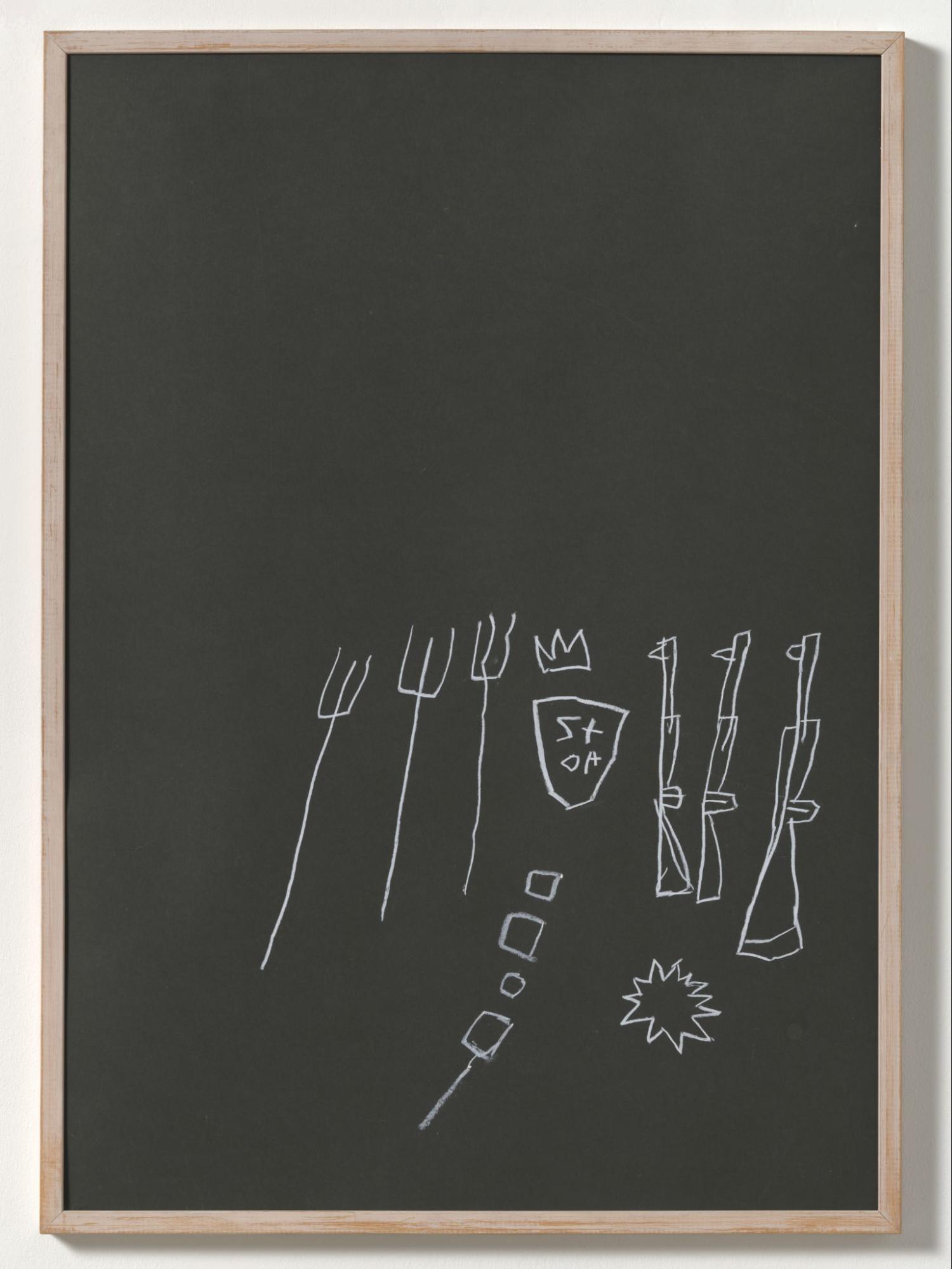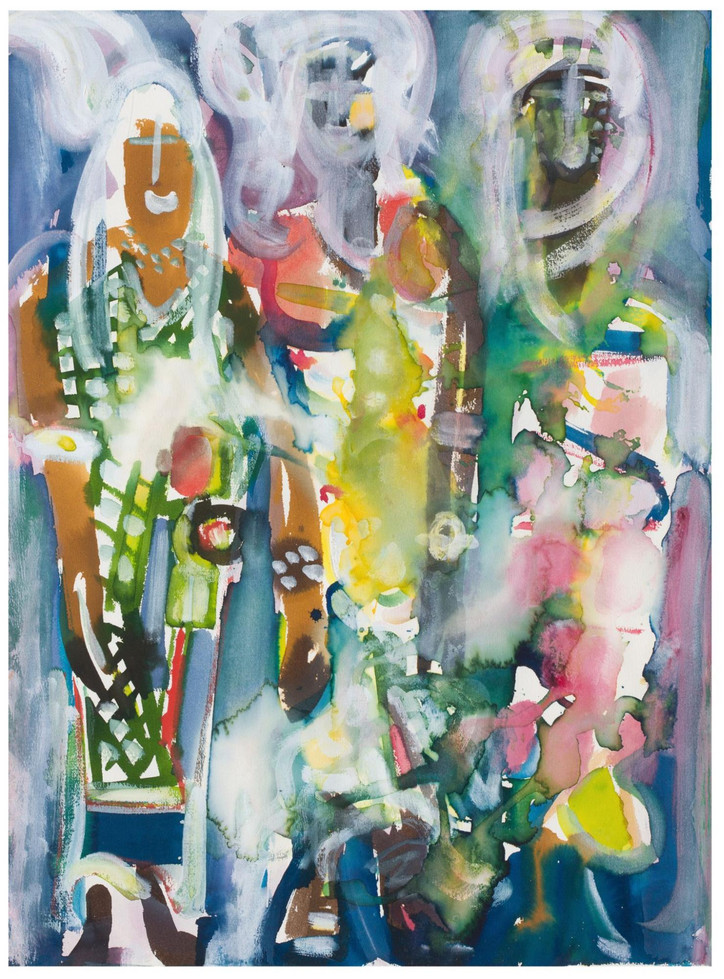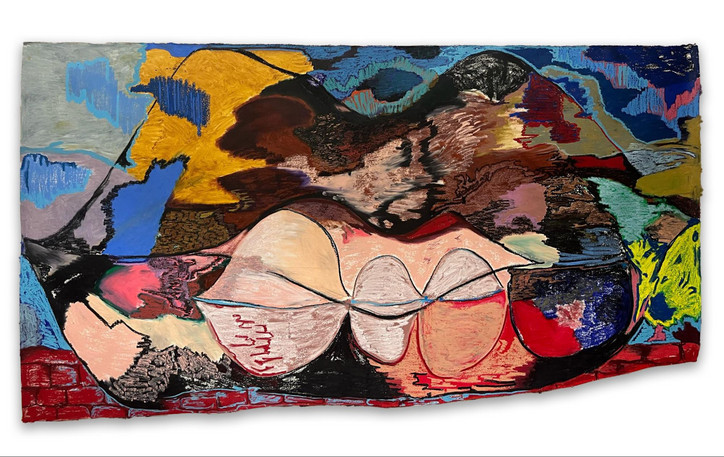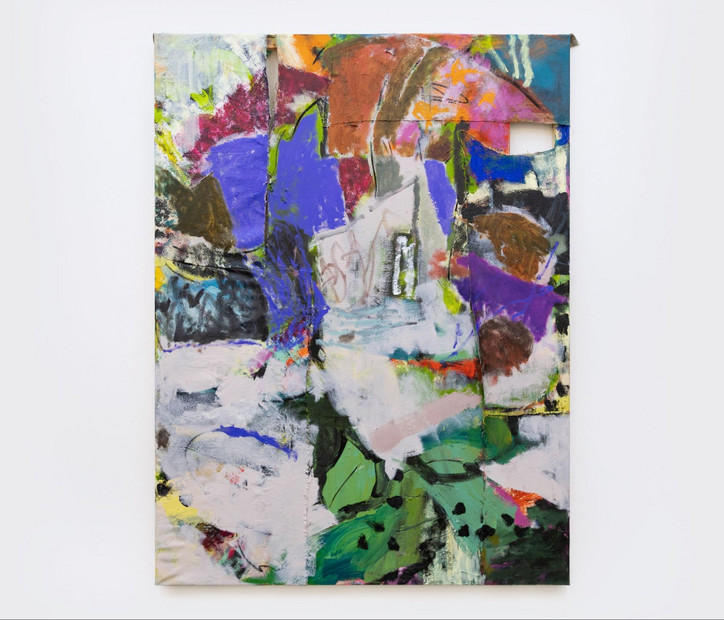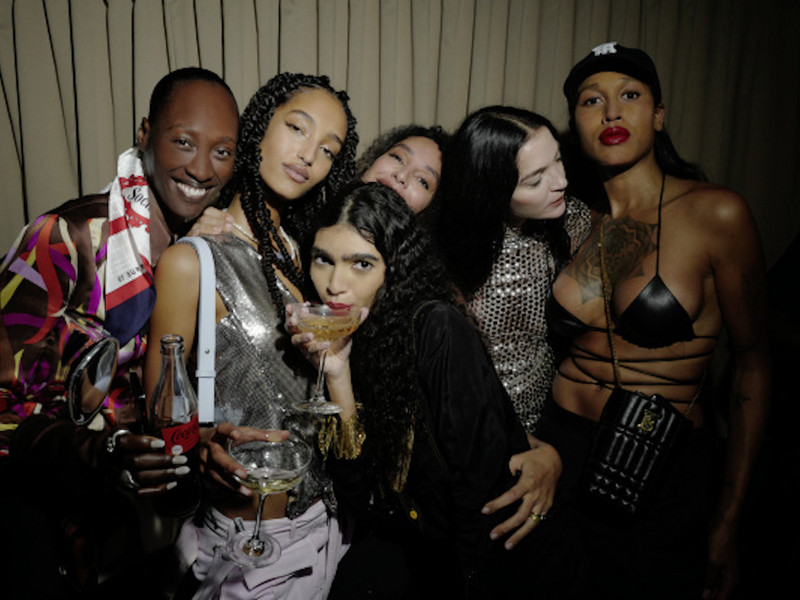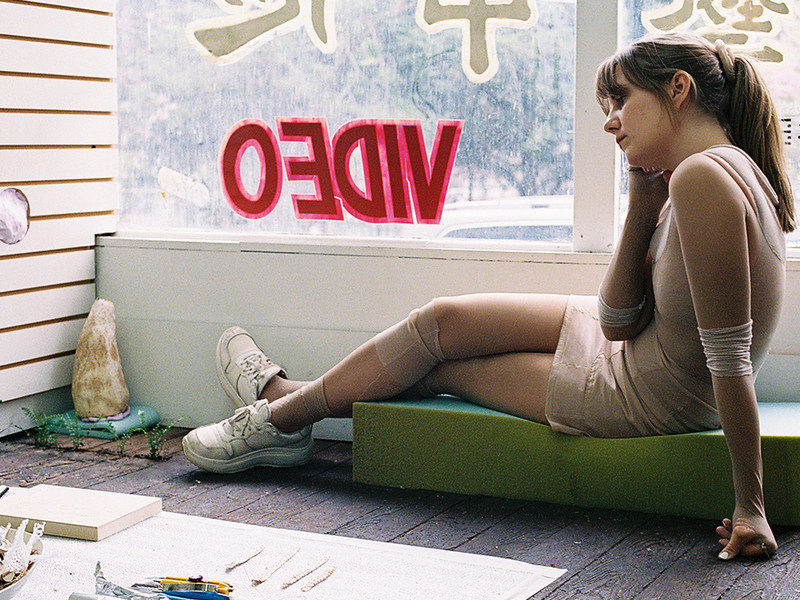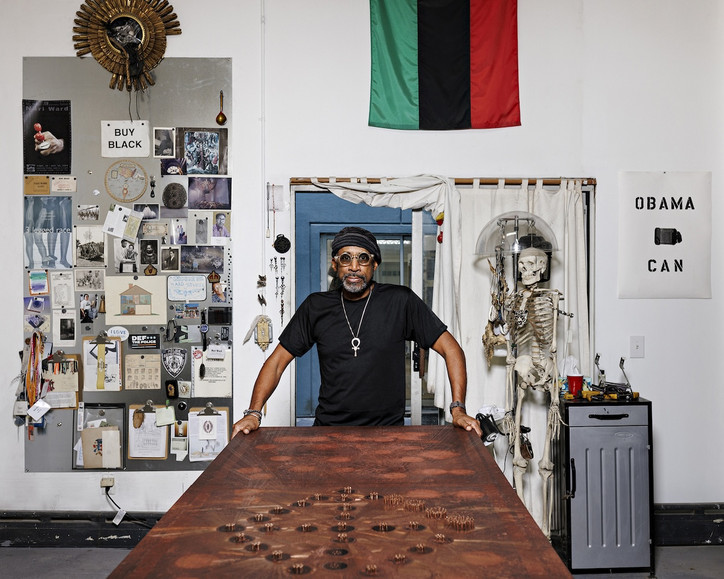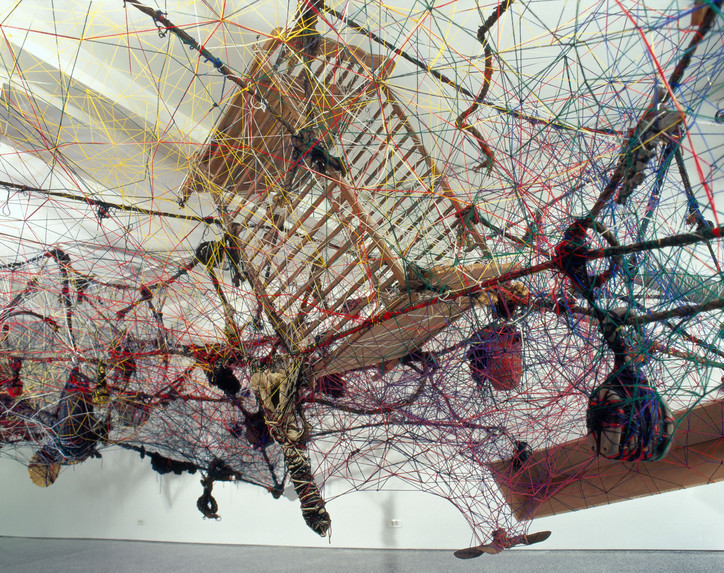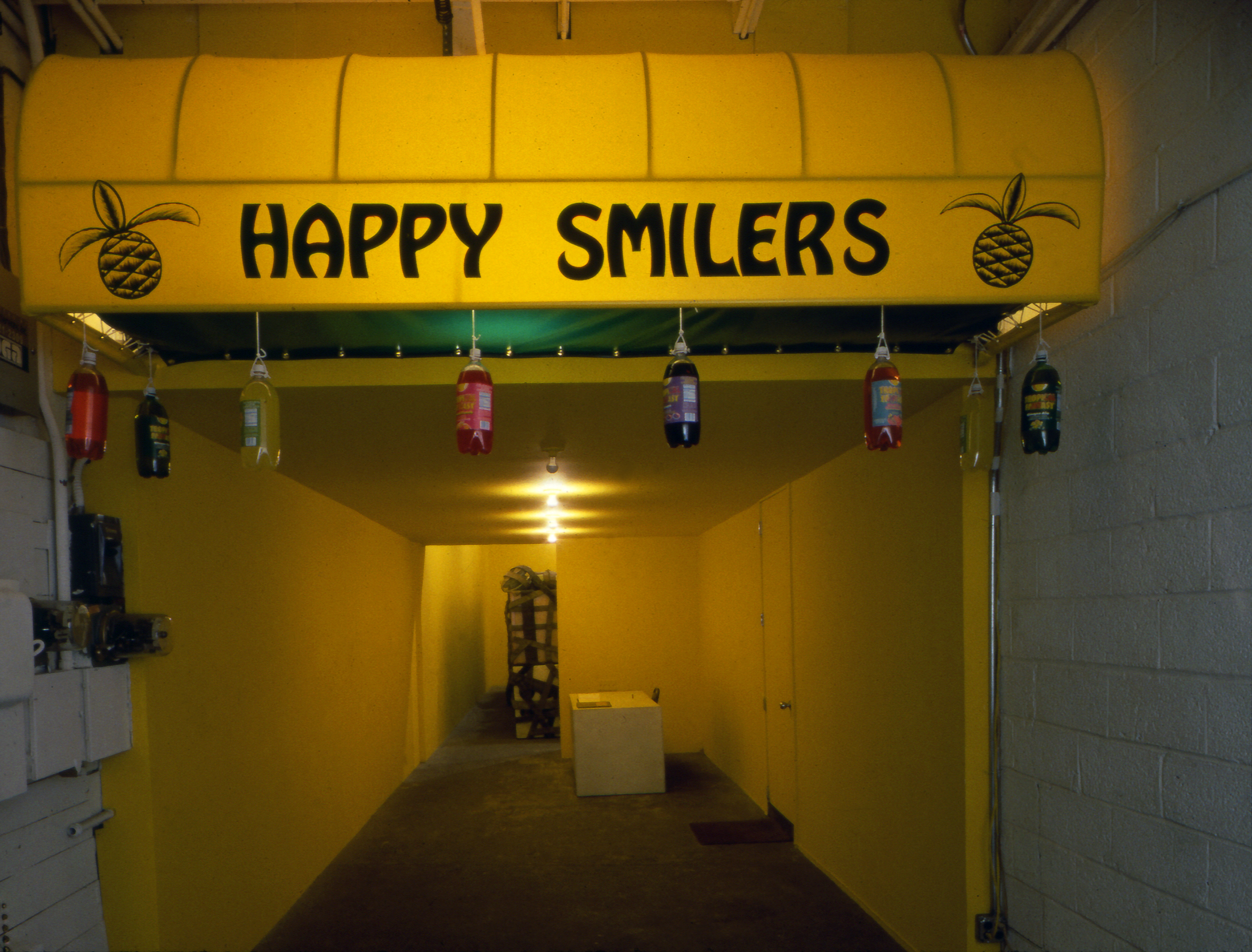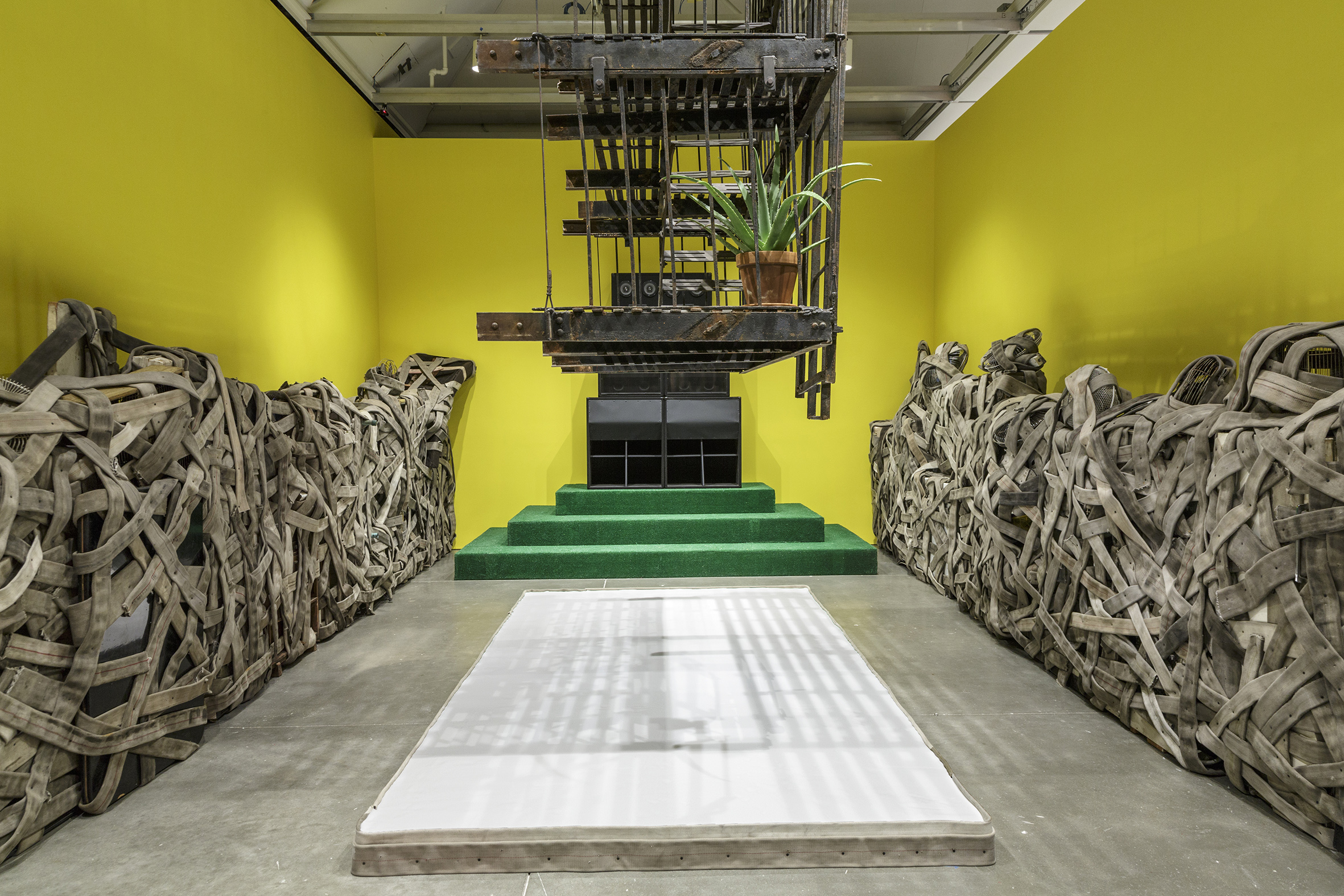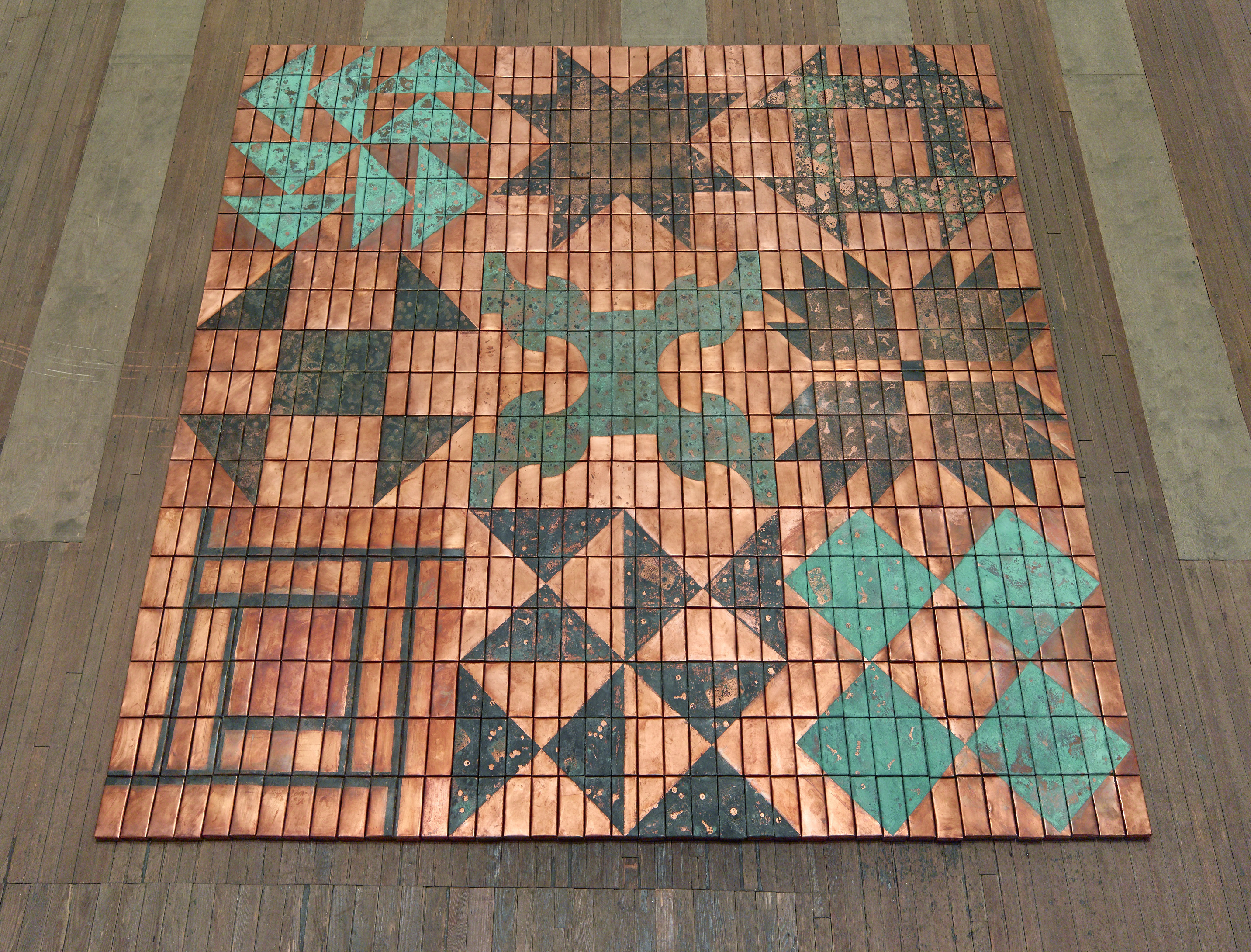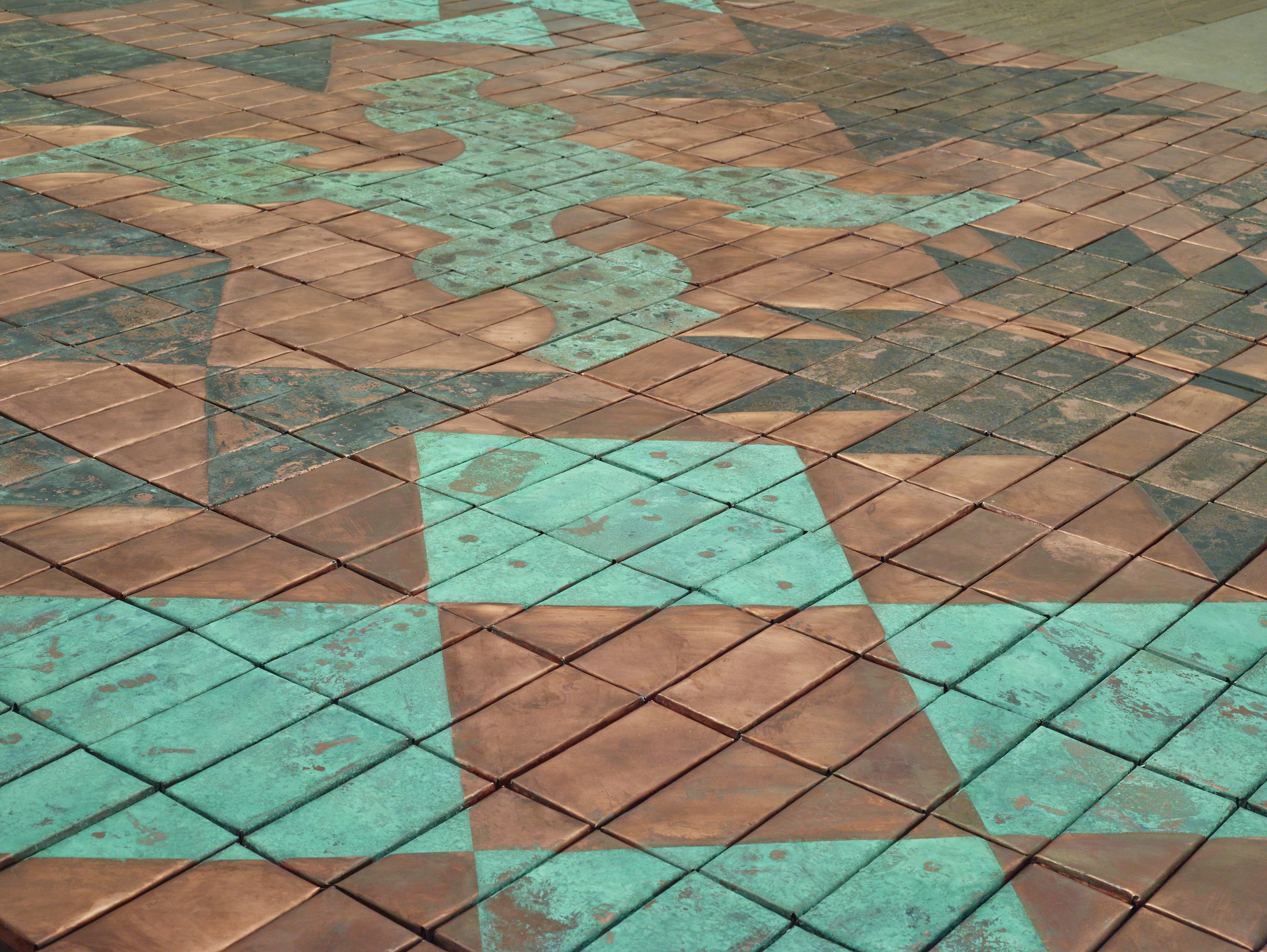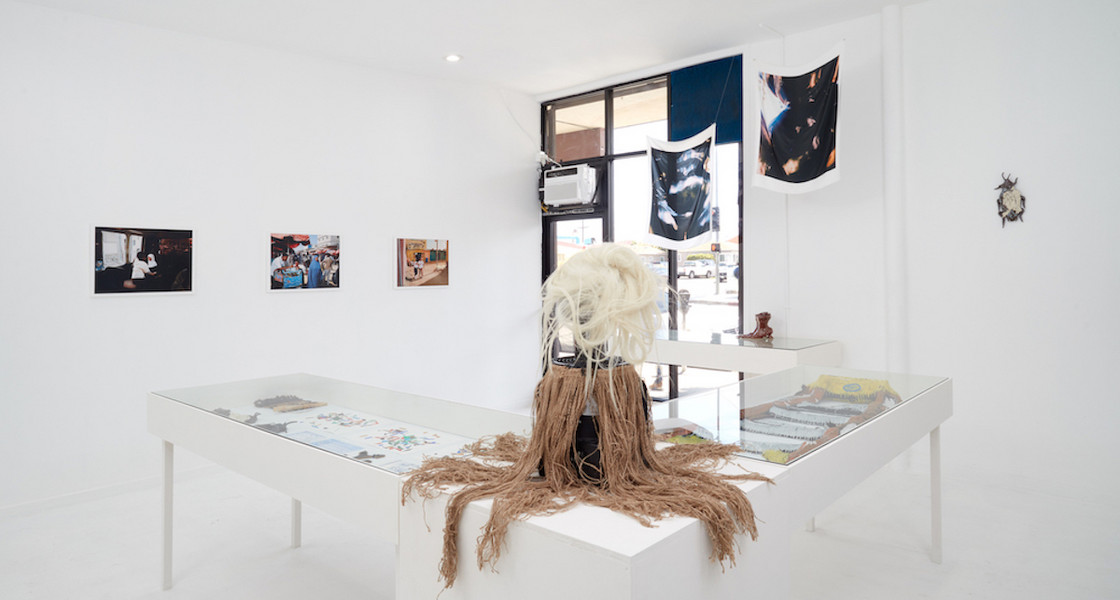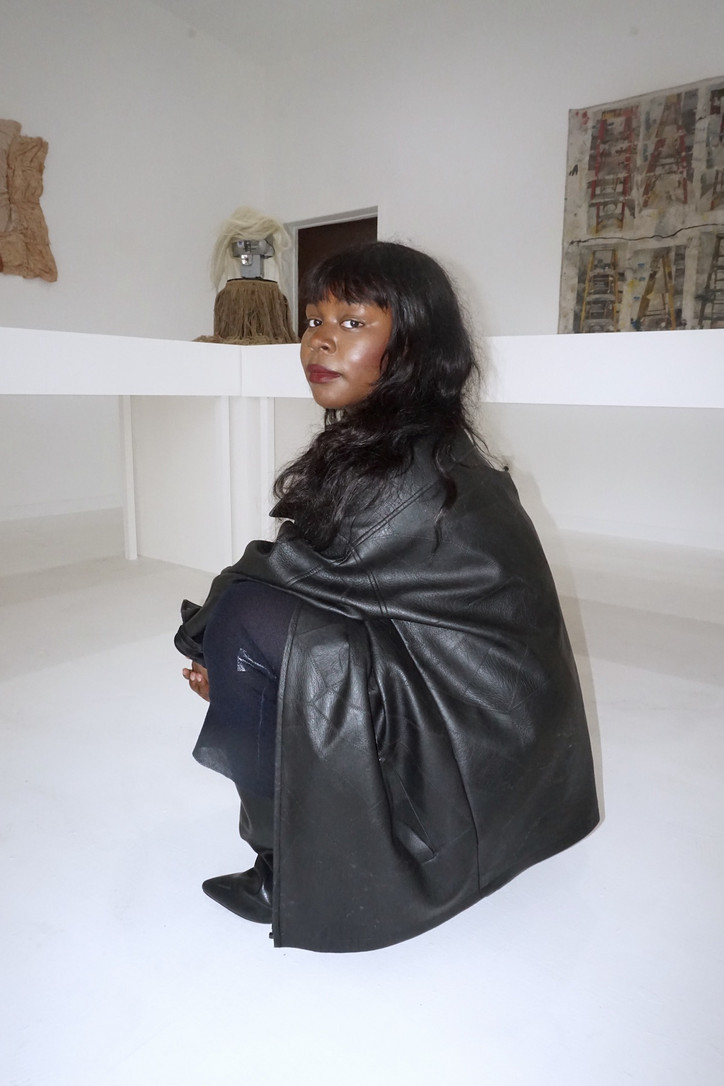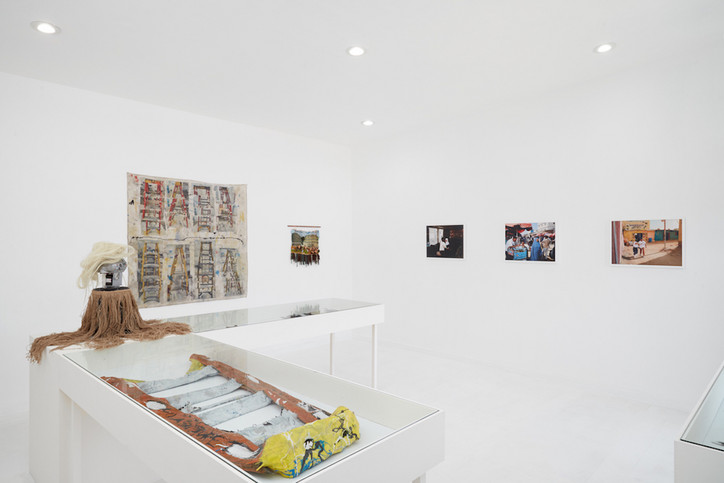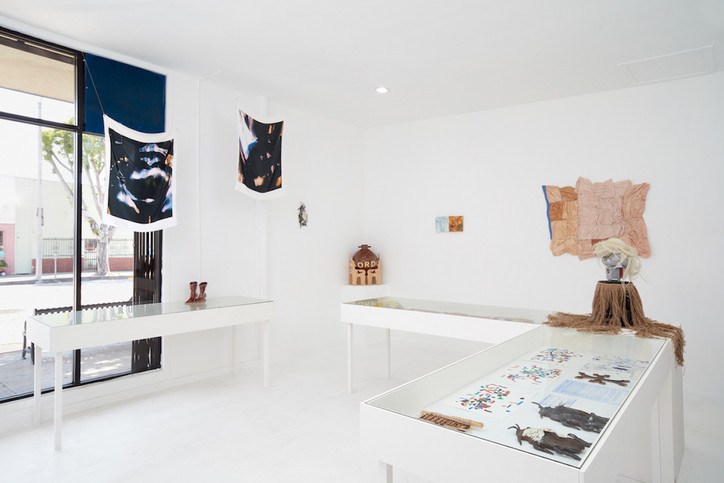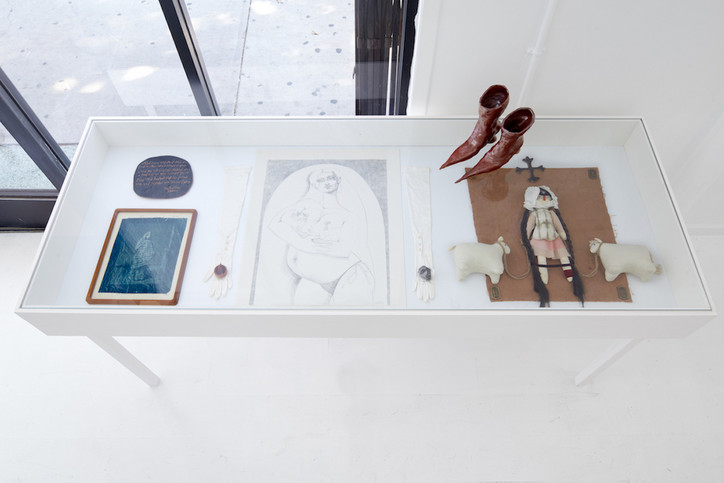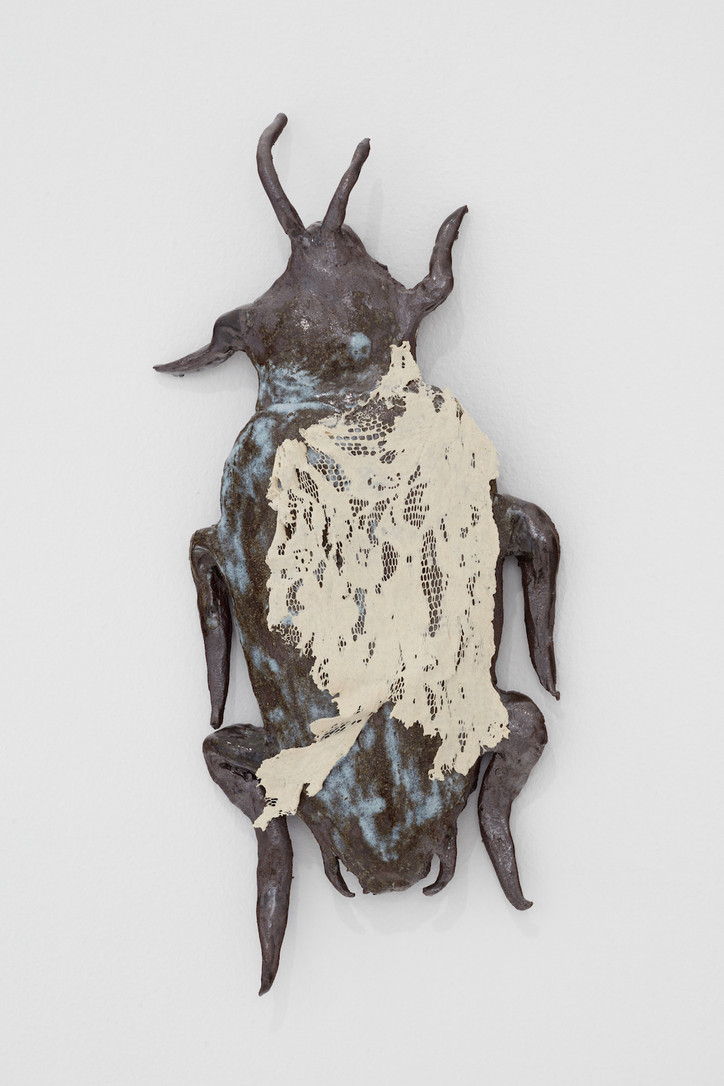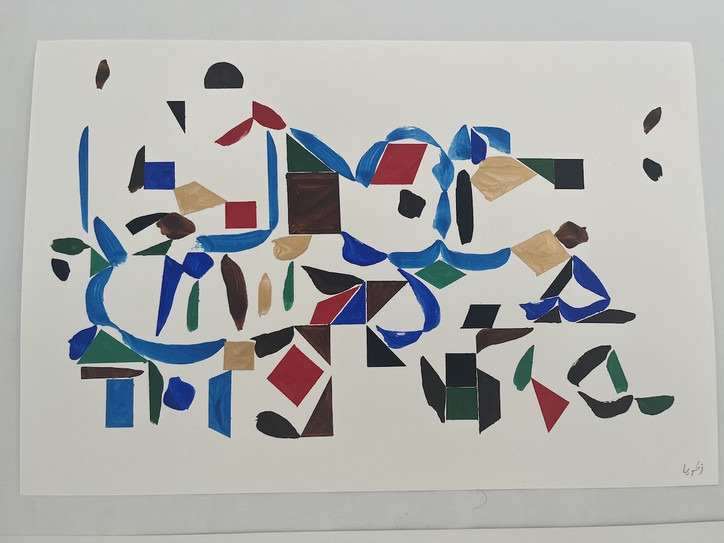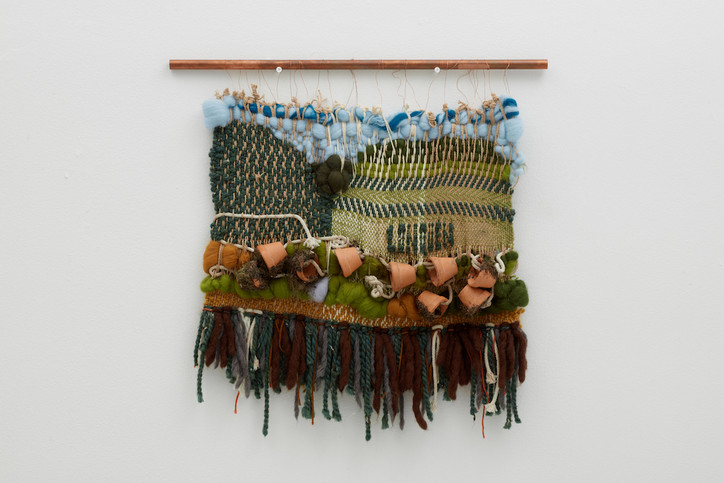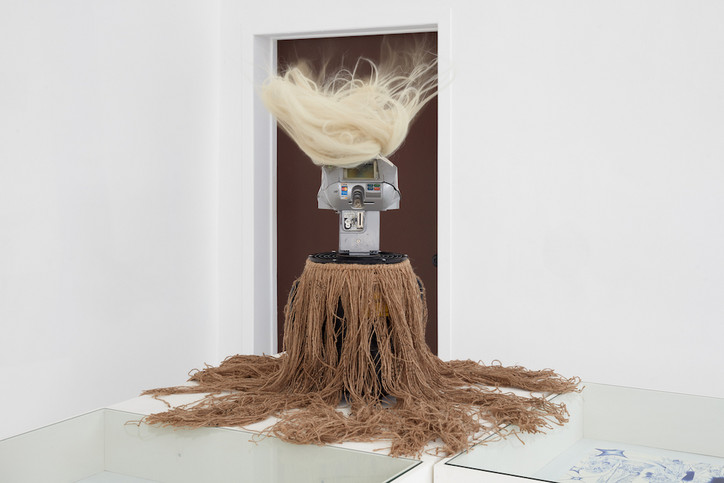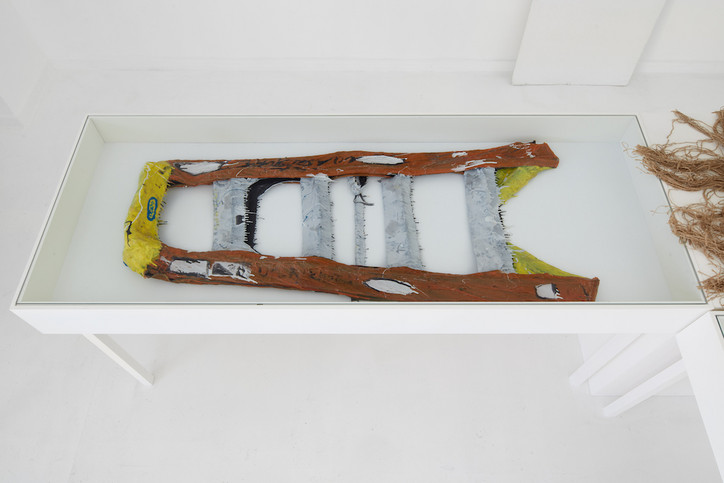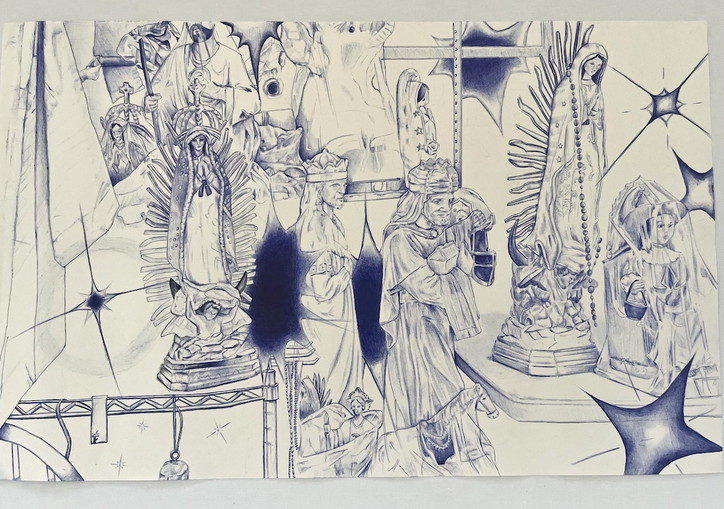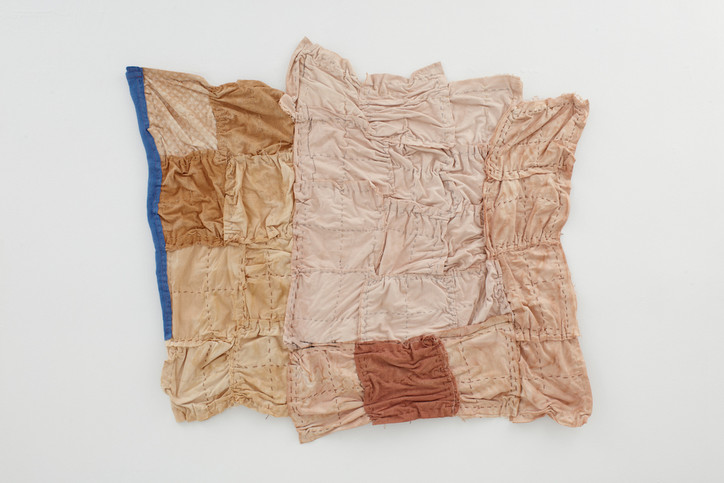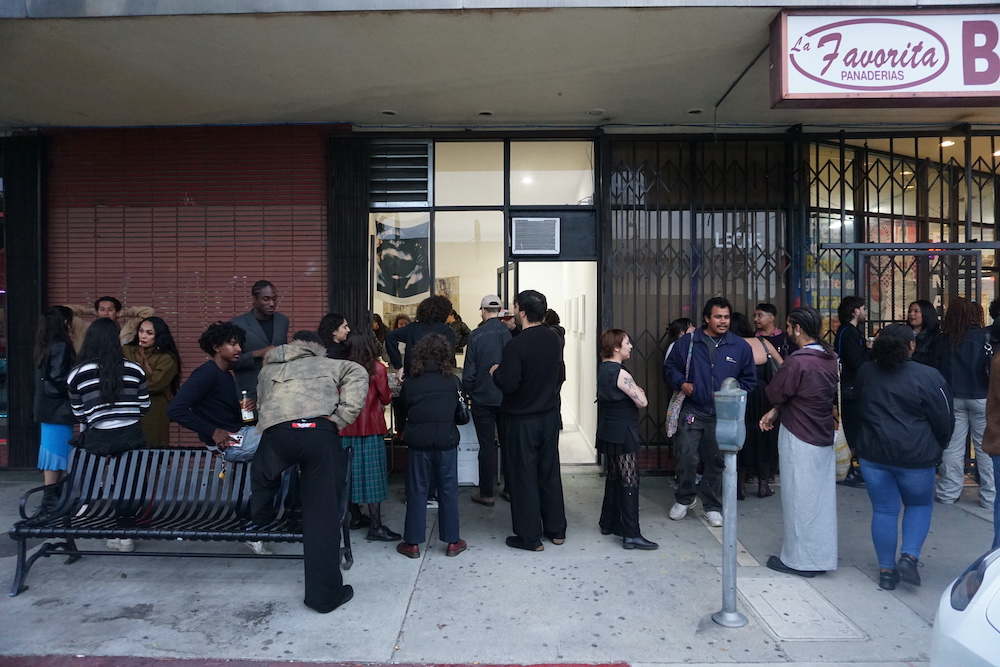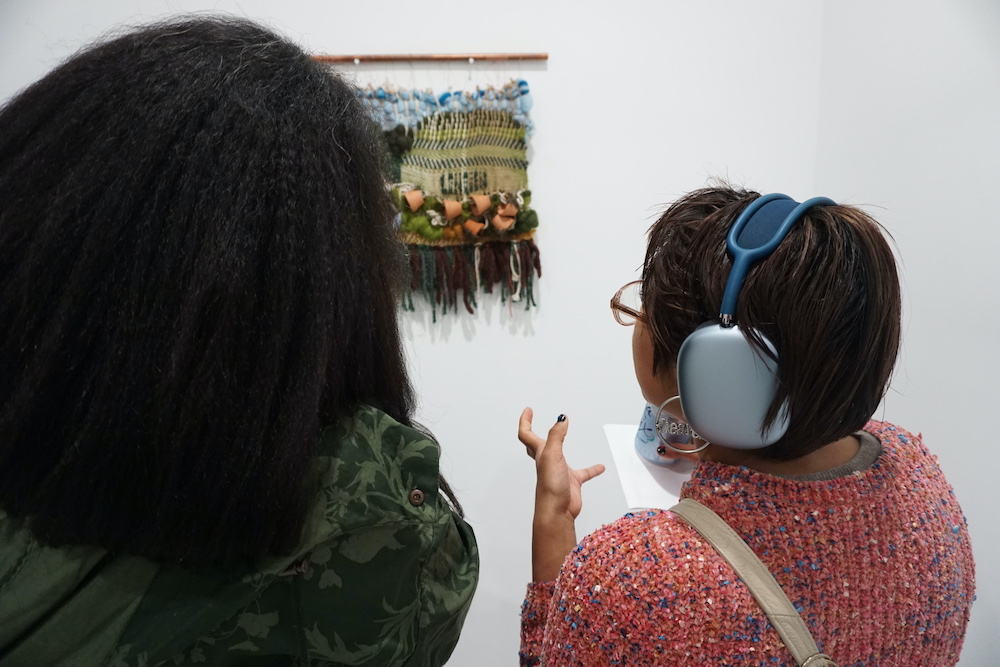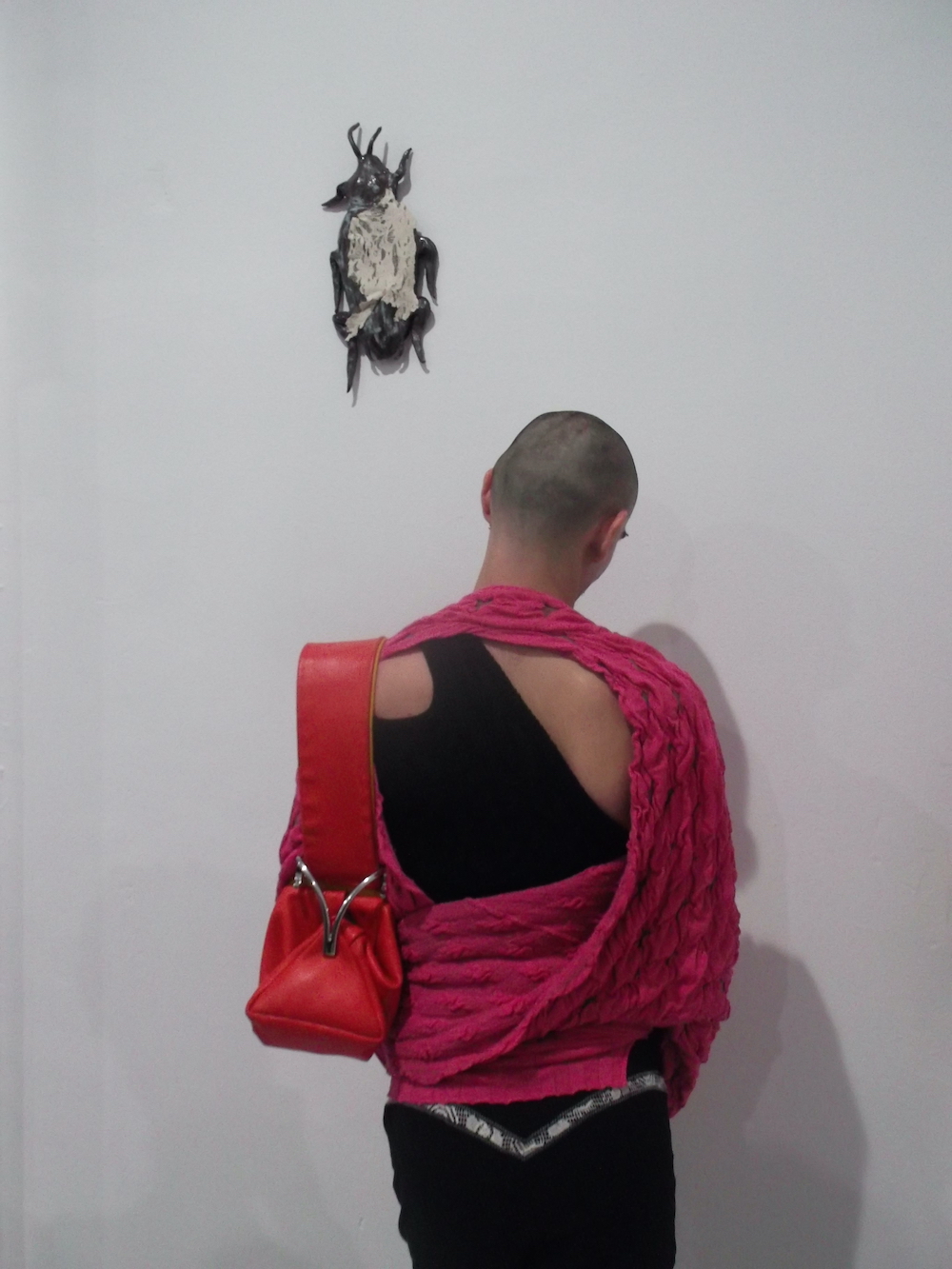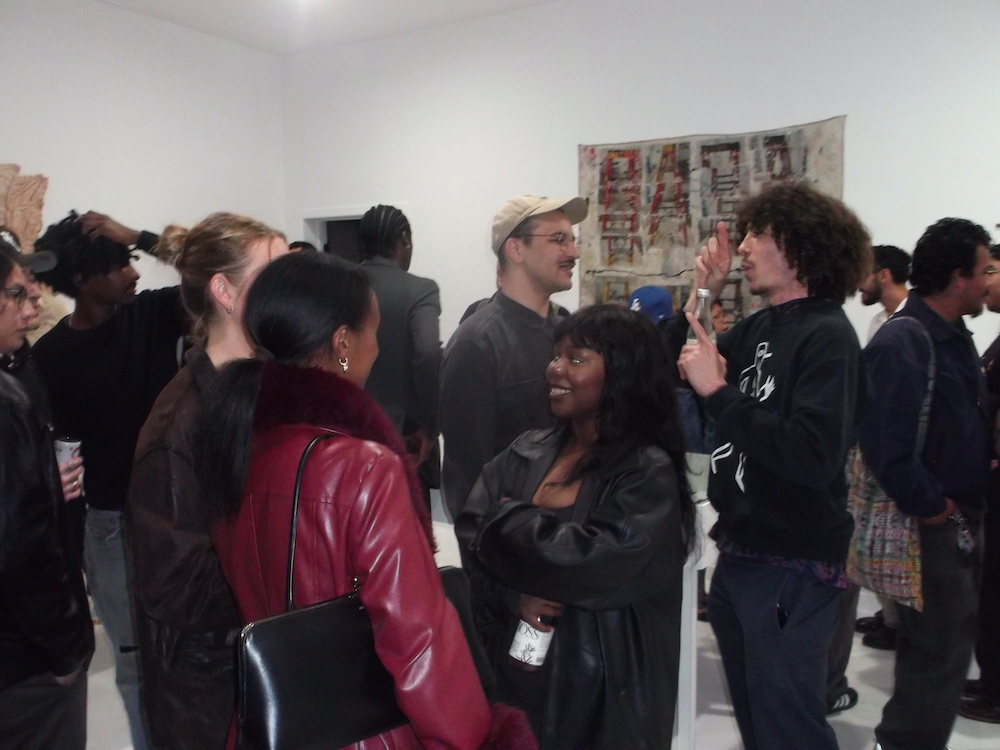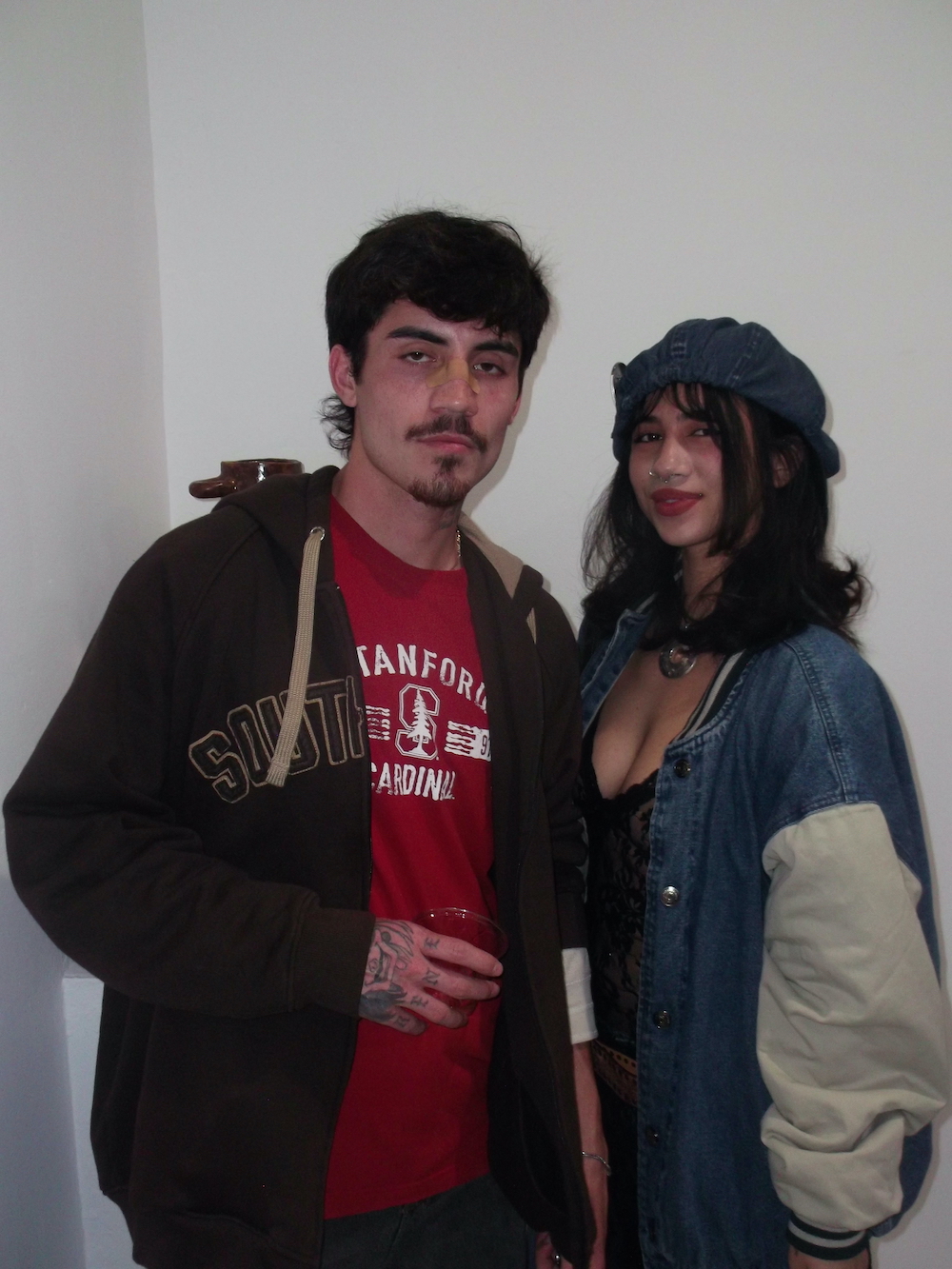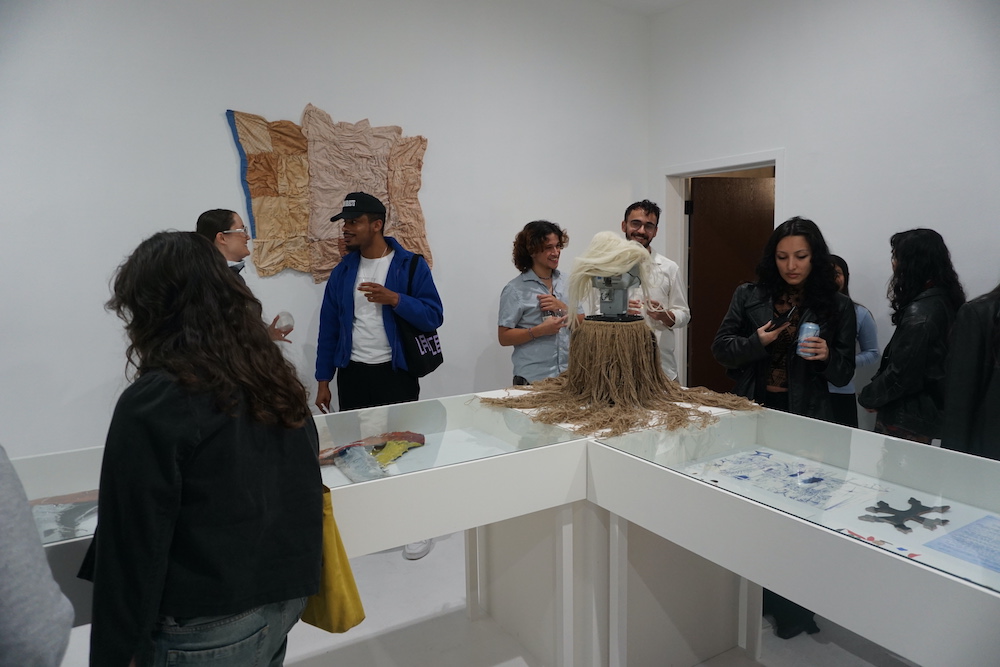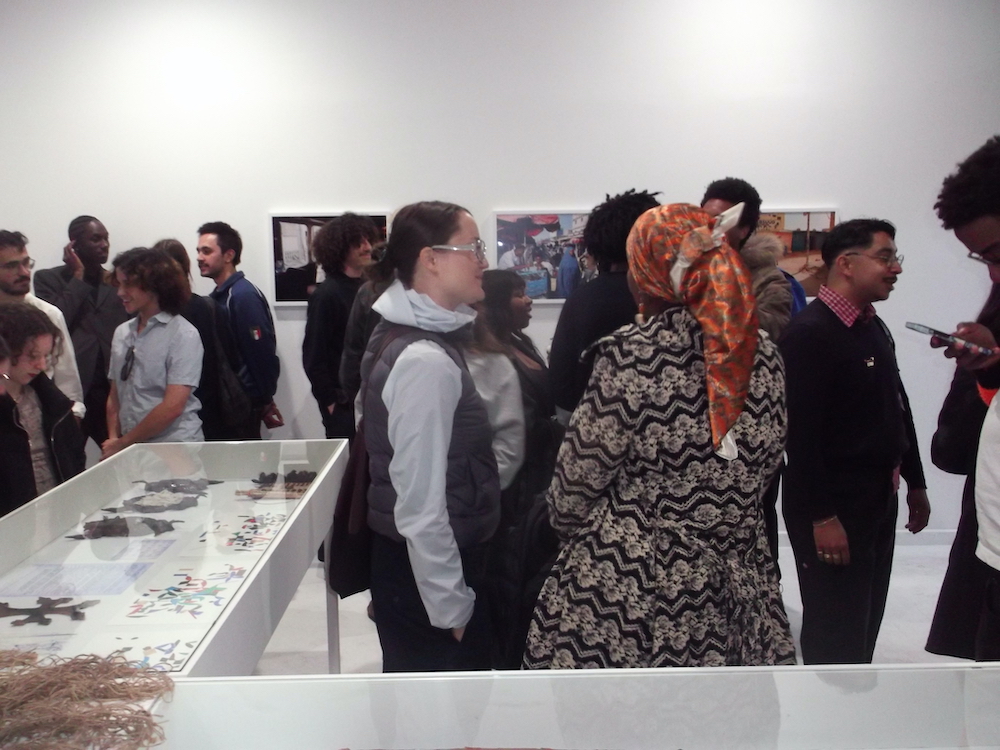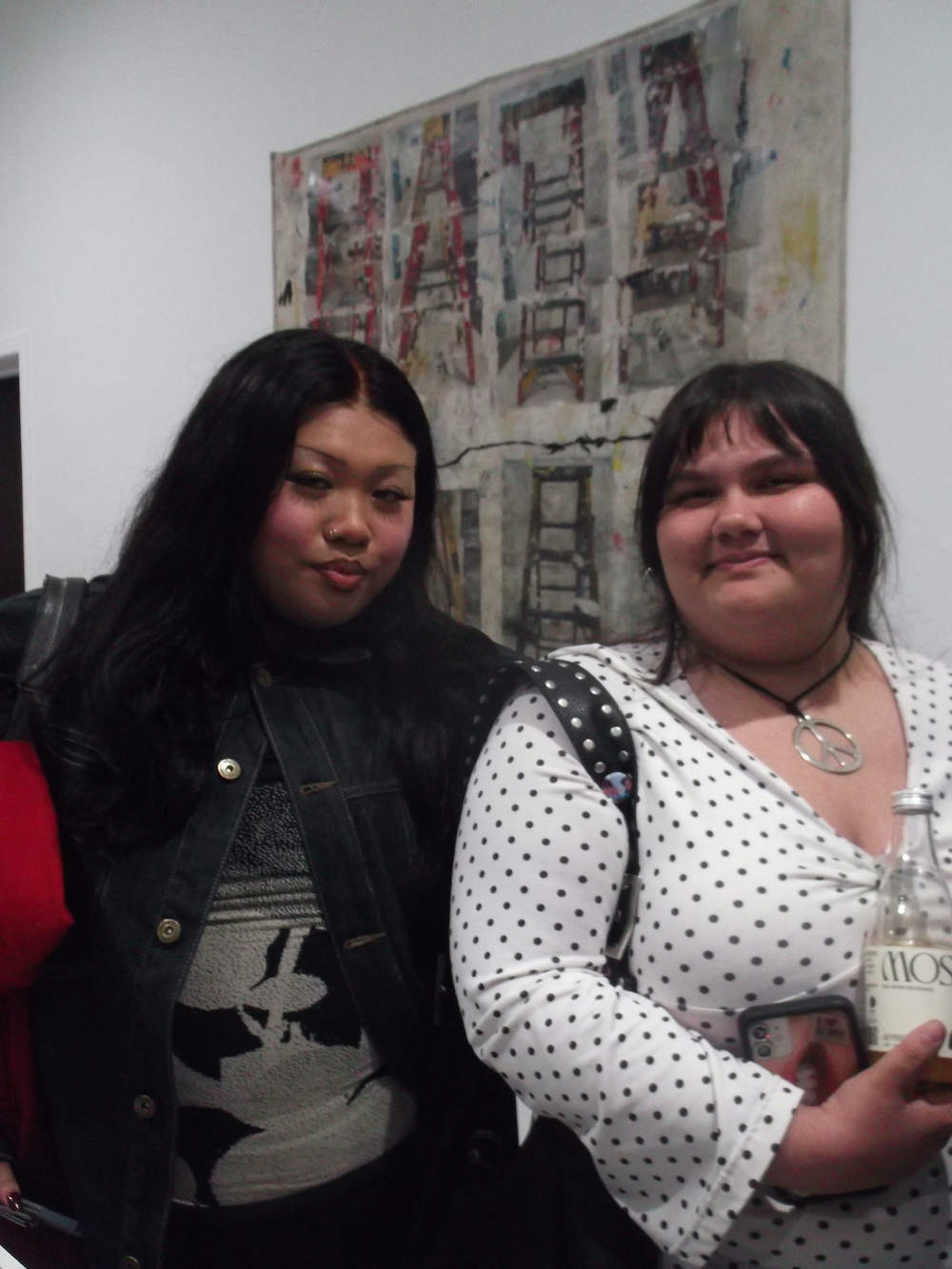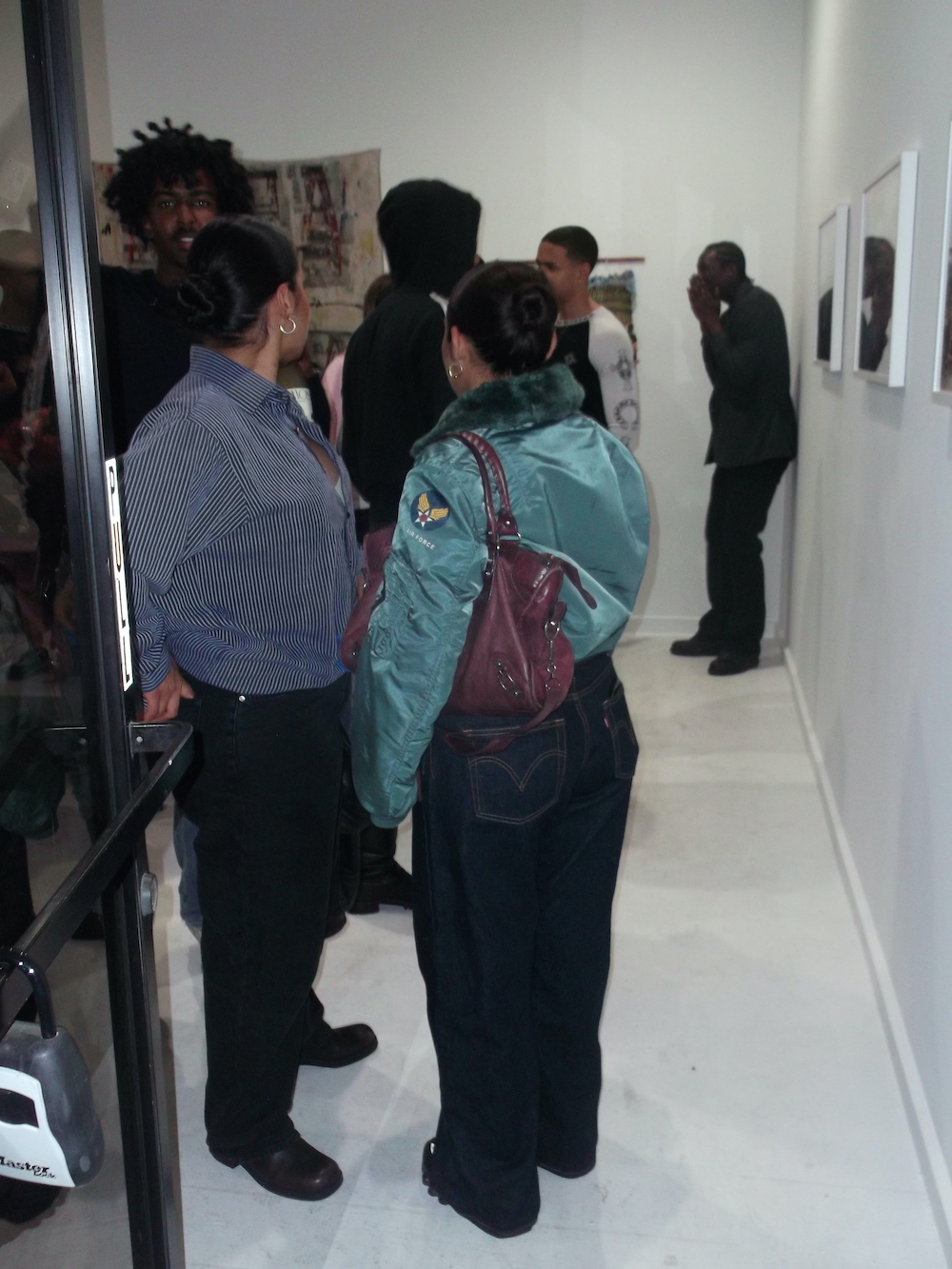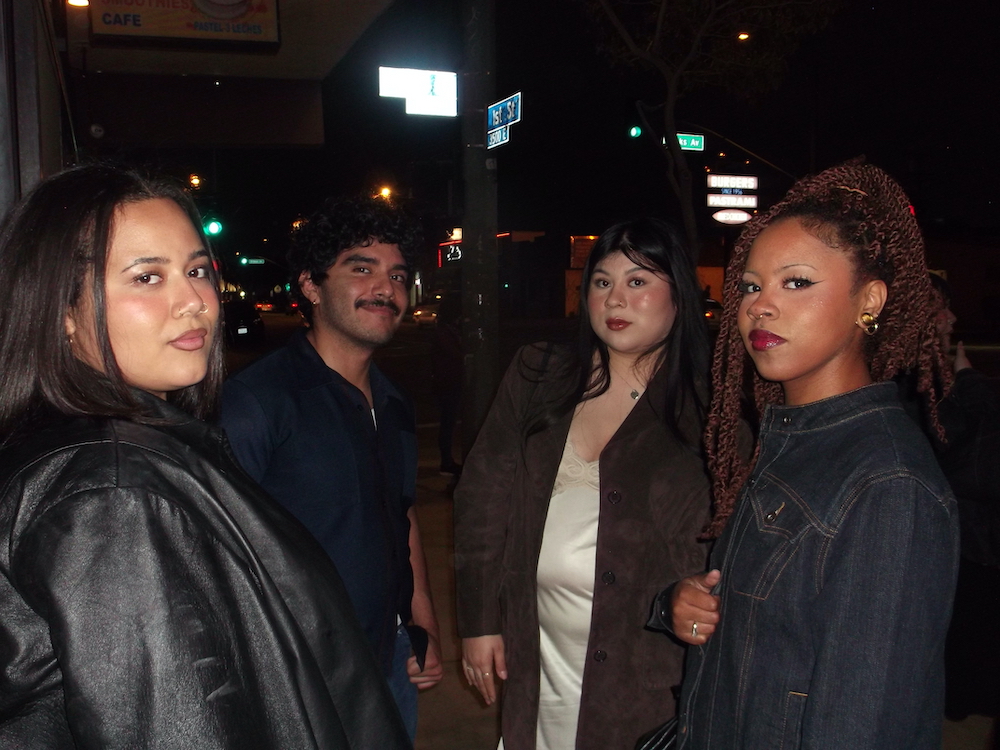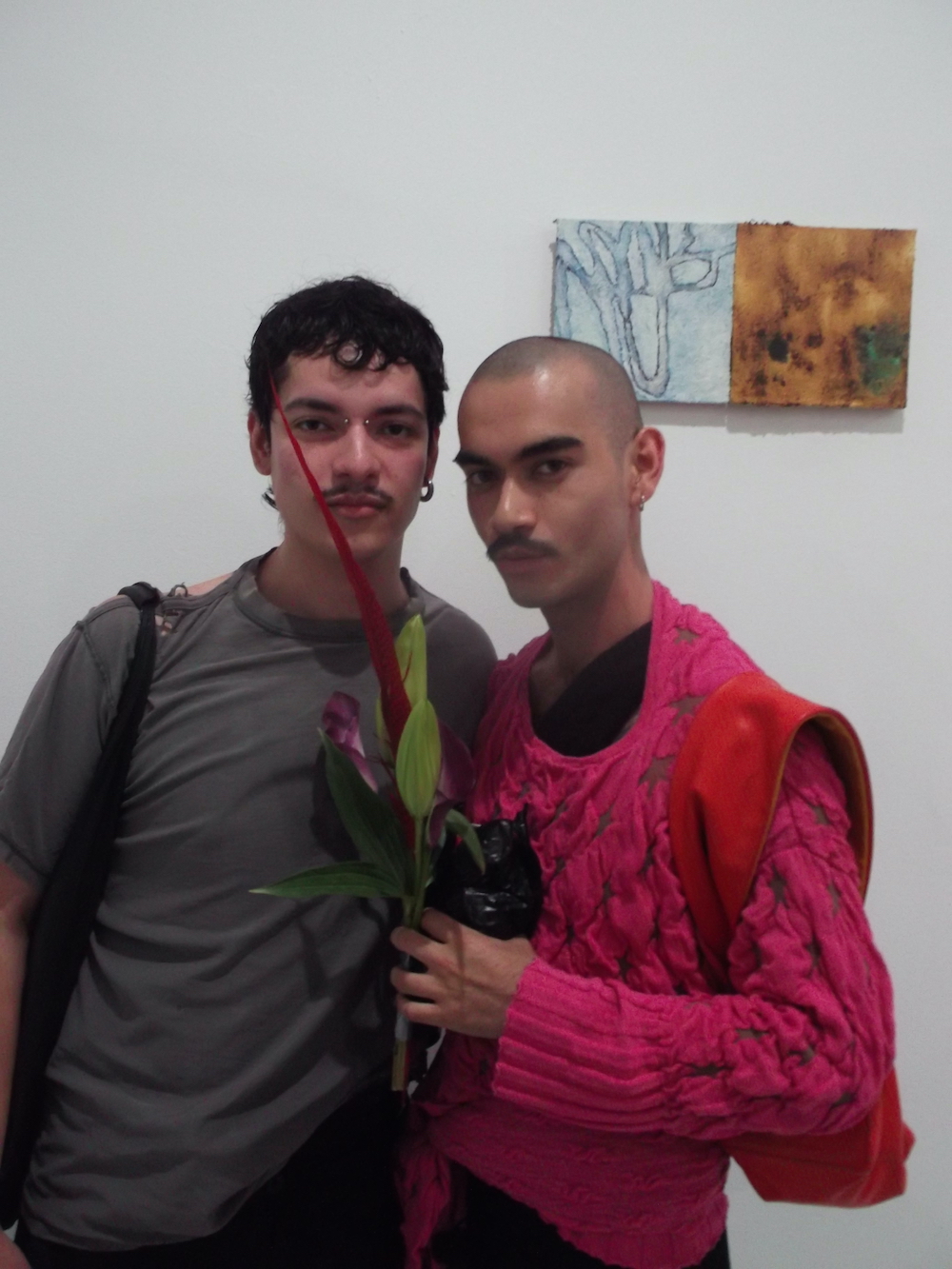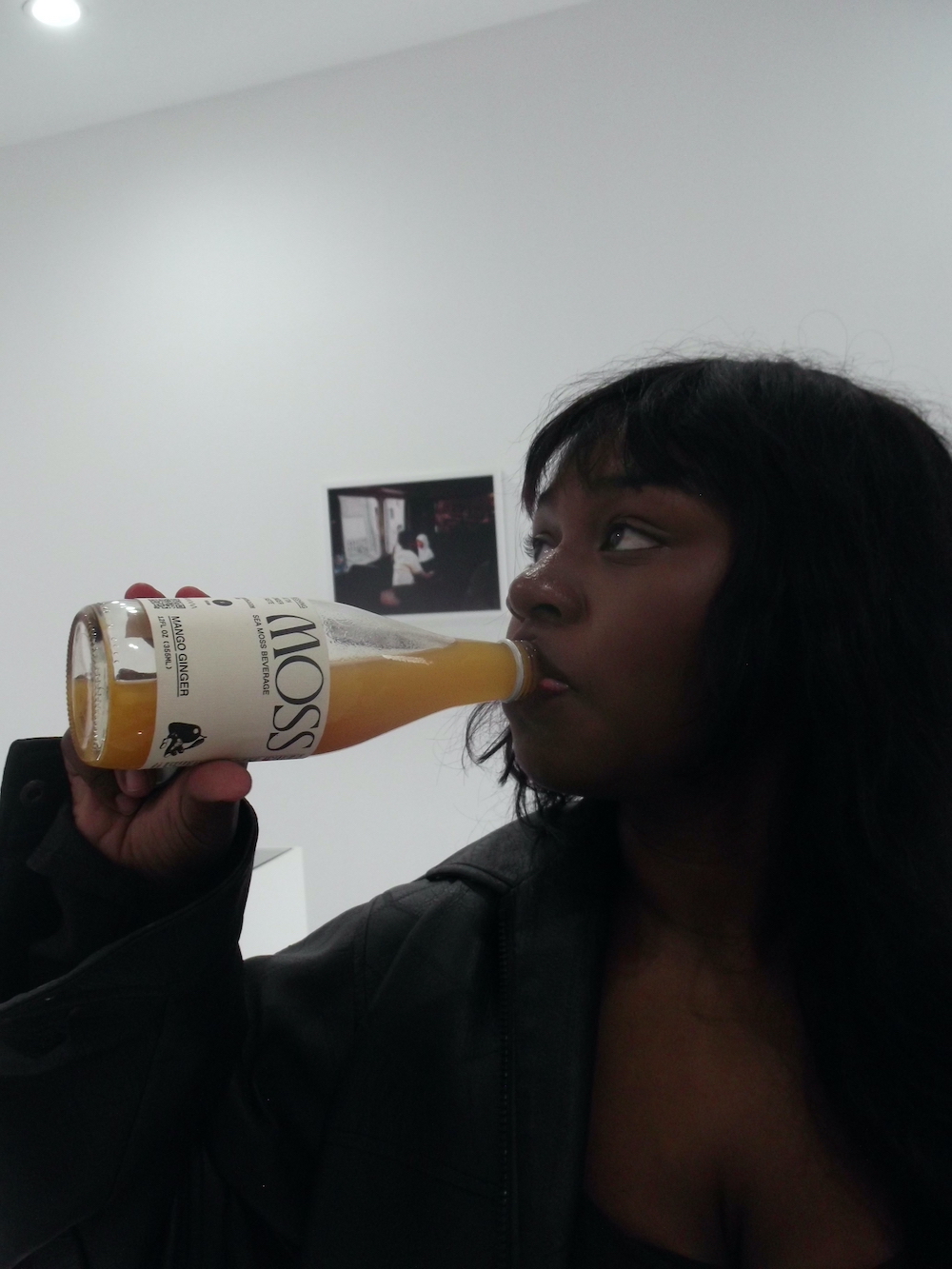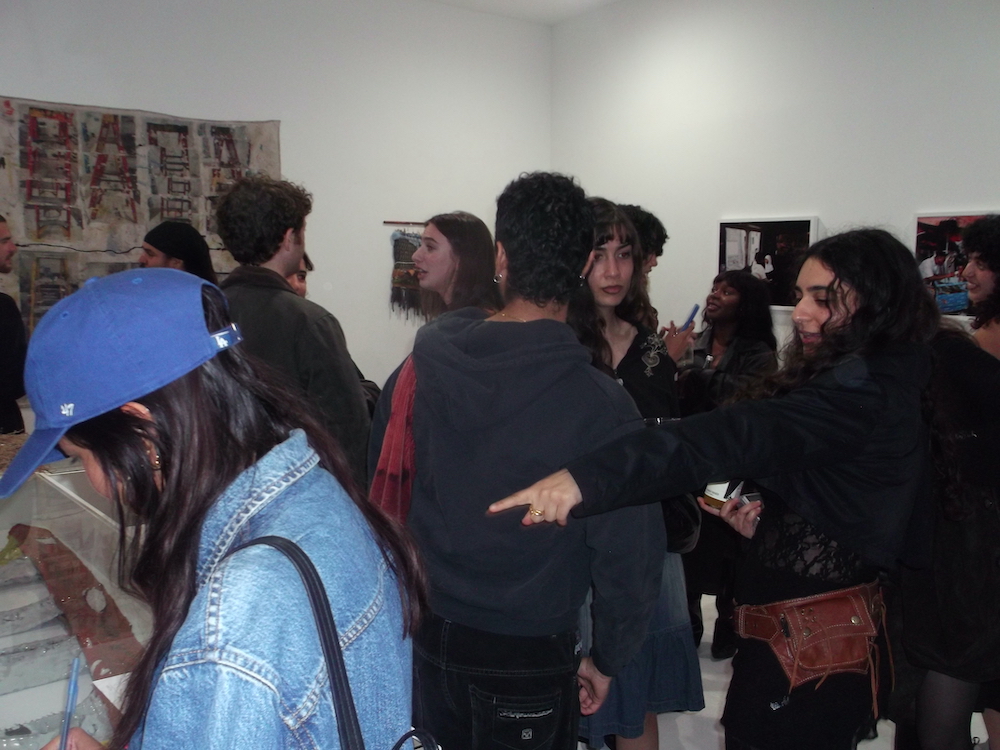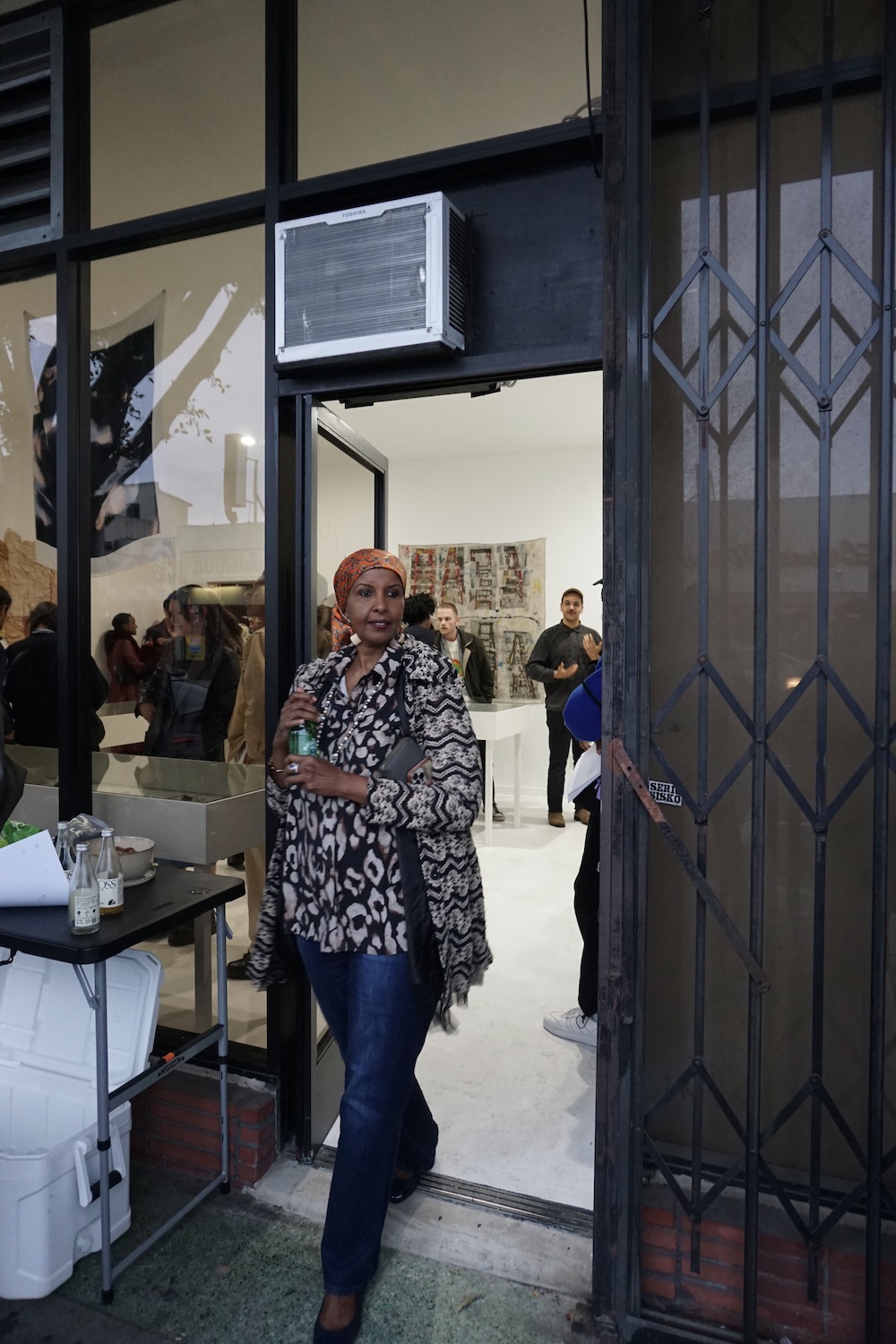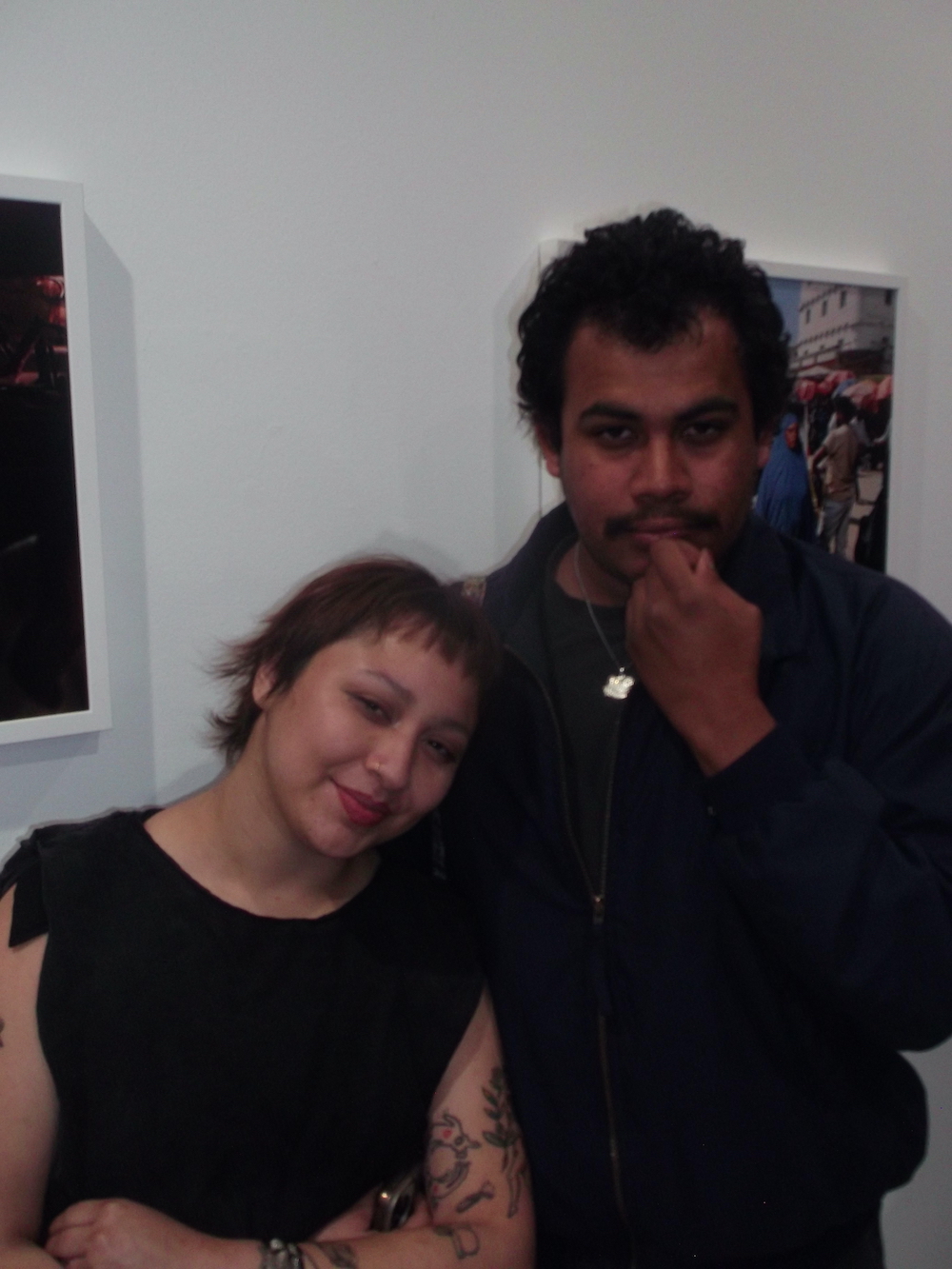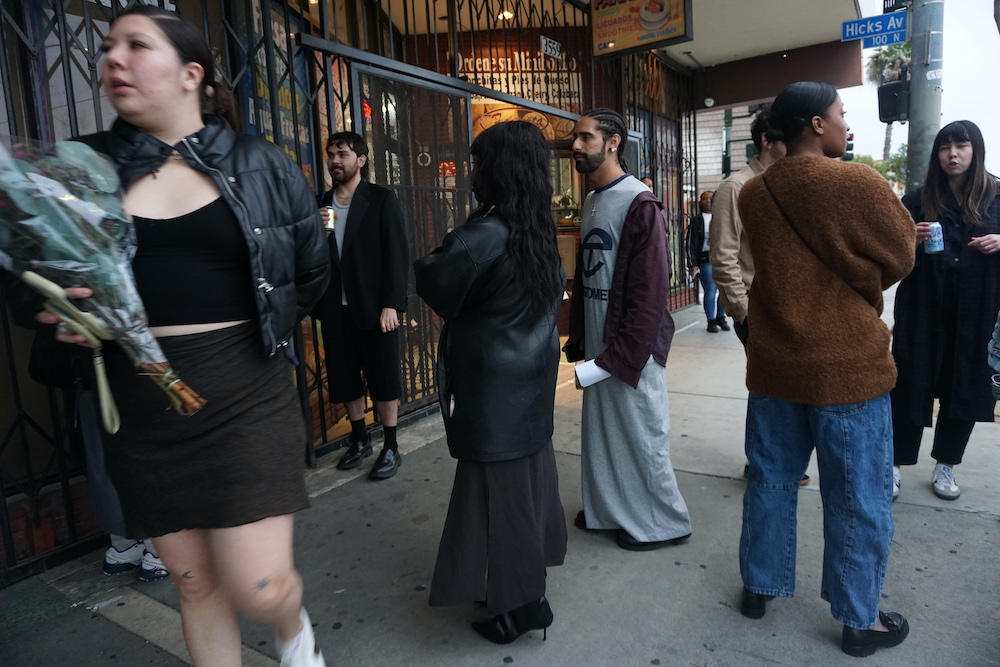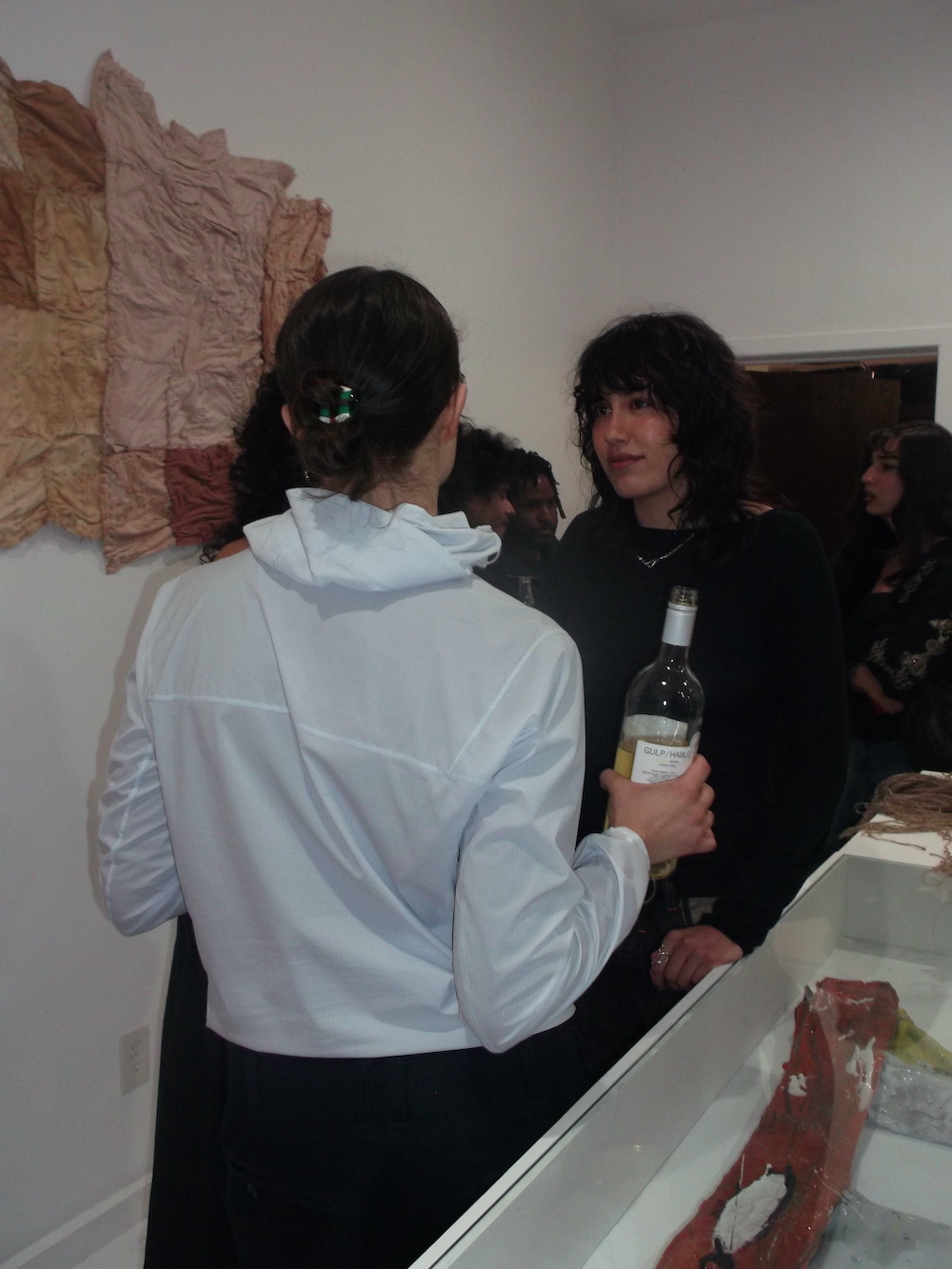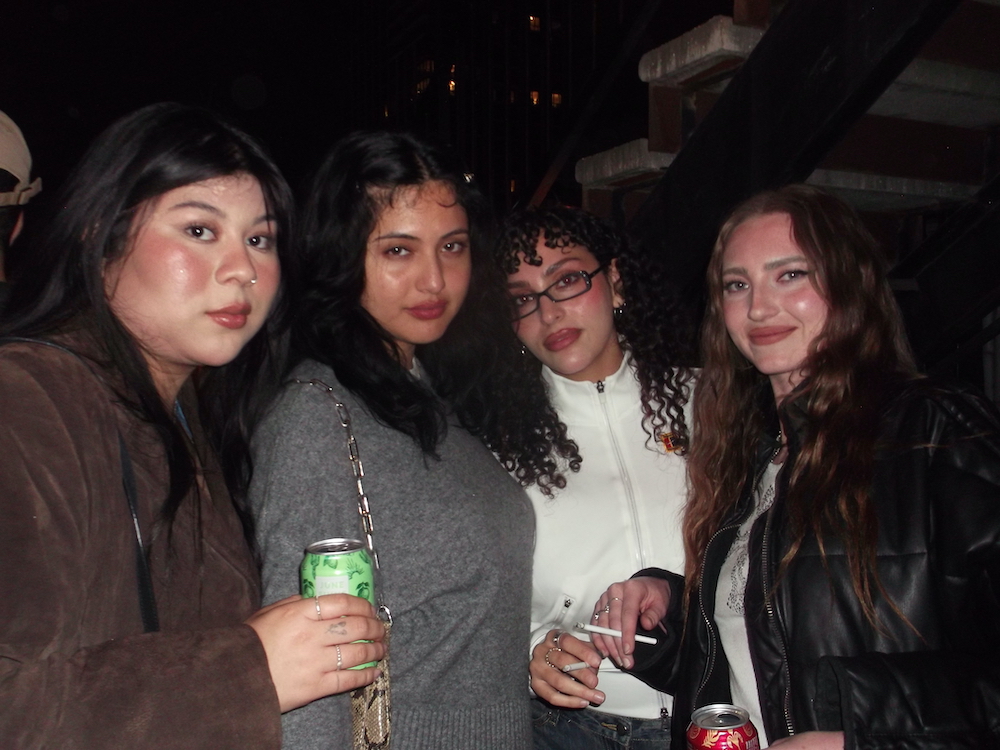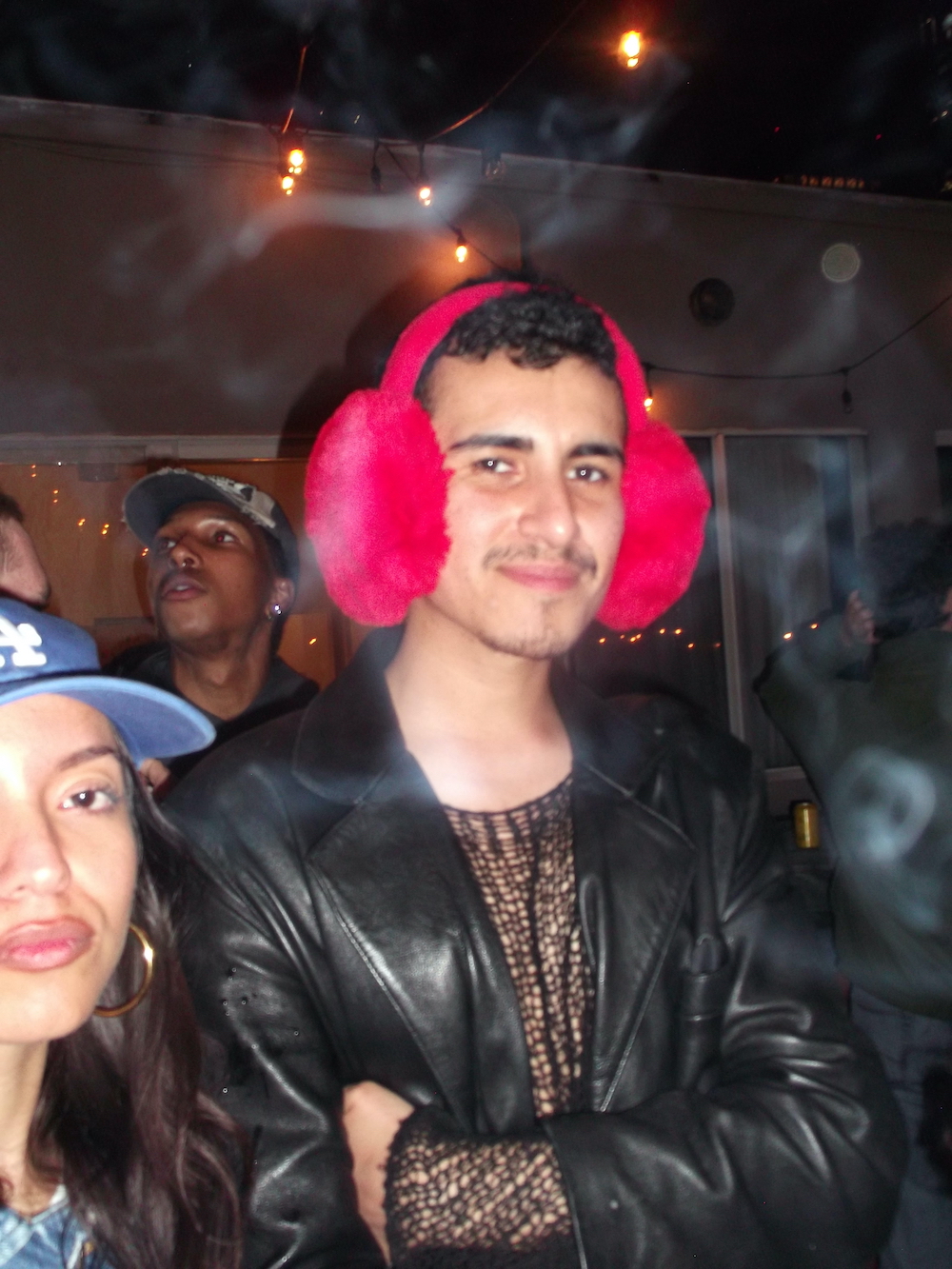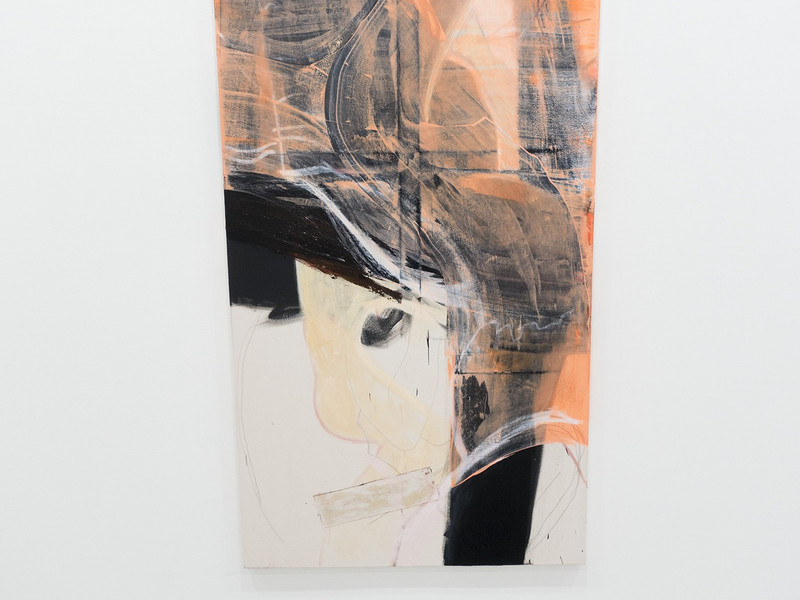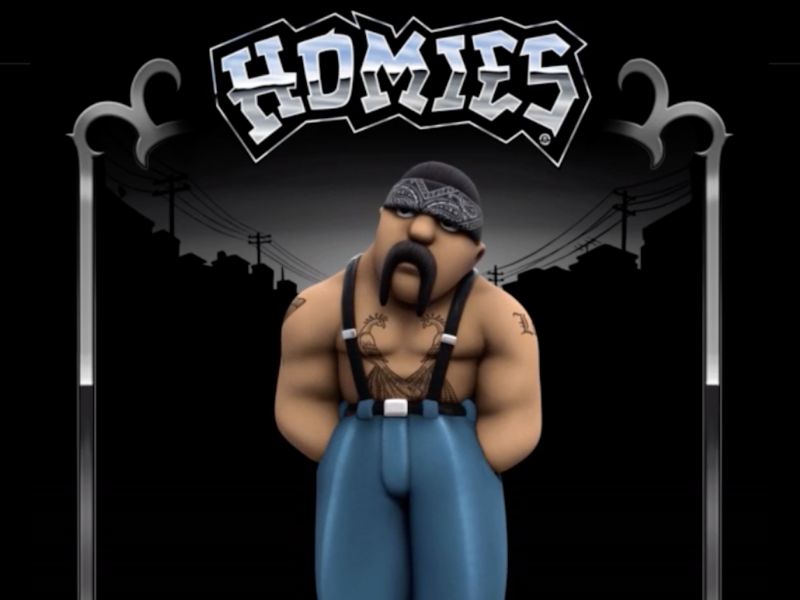Screen Talk
Every character communicates through their respective screens in the videos you encounter as your avatar progresses non-linearly through a kind of maze. The work explores themes such as the broadcasting of (false) information, the abstract nature of statistics, and the absurdity of scientific discourse.
Beloufa sits down with us to discuss his interactive internet world, accessible at www.screen-talk.com.
Screen Talk has had many iterations. Can you talk a bit about your process and the path that the piece has taken to get where it is today on the internet?
So, it’s a project that was shot in 2014. At the time, it was one object, and the title was “Home is Whenever I’m With You.” We showed it as an installation, but I don’t know if the video meant much. It was complicated to see. It disappeared, and we tried to re-edit it, but we didn’t find anything. We did it now during the pandemic.
So you moved it online because of the pandemic, or was it already online before?
It wasn’t online; it was a long project. During Corona, people that knew it were saying, “Do you want to show it online?” I received text messages from people saying, “I feel like being in your movie or something.” I decided to find a way of doing it that would be a way to make a full image of the time, which means you have pop-ups with information, and you also create that working kind of model of the vision that works with that time.
Did you film new videos for this version of Screen Talk or are they old clips?
No, everything’s old. We re-edited it and did a song and special effects.
Do you feel there is a benefit to having this world you created virtually rather than having it be a physical work?
To me, it was interesting to think like that. It stimulates the brain. It’s funny because I never did that. It was funny to do. The games are jokes, and I think it’s interesting; I don’t think it's better than a physical space, but I found a form for a piece that I never found before. So I guess it works for some works. It’s not about transposition; it's not one or the other. I think we can do projects that are interesting online, and there are projects that are interesting physically. At the end of the day, now it exists and before it didn’t. But to discover or to try something you don’t know and to think differently is really interesting.
Can you talk about your inspirations for the altered reality of this piece? There’s a sense of confusion and a dream-like aspect to it. It’s like another version of our world. Can you talk a little about the inspiration for that?
When we wrote it, we wanted something goofy, between a soap opera and something Romanesque or theatrical, and so that’s how we placed the film. In the second part, it becomes way more Baroque. It’s sci-fi. We wanted to play with as many figures as we could. It’s also played by non-actors. It's really interesting to create that weird distance.
What does it feel like to have created a work that seems to have predicted many of the things that are happening in the world today?
It was funny when we looked at it, because it felt strange even to us. But it doesn’t predict, because basically it was after SARS. When we tried to write the script, we wanted to do something where everyone is on screens. So, it’s not about predicting, but the power of the images became really strange with COVID.
What does the interactive nature of the website do for the message of the piece?
It’s not about the message. What interests me is that it’s a niche thing. It’s not niche, but it's complicated. It’s weird. We thought it was more interesting to create something that frustrates. Then, you get to experience it not with money but with a commitment to it—spending time. So it reduces the audience that plays the game, but it augments the time people spend. I don’t know. I find it interesting that you have people that can spend time on it as a cultural experience rather than swiping. I think it’s more interesting… Do you think it’s stupid?
No, I don’t think it’s stupid. I feel like it mirrors the absurdity of the way things are right now on the Internet and the absurdity of broadcasted information and fake news. I feel like the tone of it is silly, but I don’t think it’s stupid. I thought the aspect of frustration was interesting to the work, because that’s part of the experience.
We have stuff going in front of us all the time, and there are filmmakers or artists I love. Many things are available, and I know they are, but I don’t go see it. Because they are proposed, my relation to it is weird—it’s like too much access breaks it...
So you think accessibility makes it less desirable to view?
In a way, without frustration, there is no desire. But that’s a big bullshit, like a bad tattoo. My problem was cultural and the Internet is... the relation to it is weird. Creating a context helps it. It gets less audience, but it breaks the check bar.
Was the fake news bar a political comment?
Of course it was a comment…. Actually, at the beginning, we said we are gonna write fake news, so an artist friend, Jory Rabinovitz, wrote those news clips that were to be the world in which that video can happen. But they’re meant to be jokes. And then I got scared, because it was written news, so we wrote that it was fake. I wanted to be sure no one thinks there are drones that spread throughout the Earth, because I would feel guilty.
Have you been surprised by any reactions to this work, or how do you feel about reactions you’ve received?
Some people don’t even touch it. They’ll say, “I don’t understand. I don’t want, I don’t like, I don’t play video games.” Some were super happy, mostly artists or art students. Funny feedback that I don’t get that often [is that] they like that it's funny... It's really random, but what I also like is how it touches people that are more into phone games and not art. They went there, and they don’t care about the art… so that’s interesting too. It’s weird because most of the reactions are, “Oh, it’s weird that it was shot before.” The power resides, which is the first time of my life that I ever felt like my work was about what was happening at the moment.
So it’s like a snapshot of a time; does it seem dated at all? Is that what you’re saying?
It seems dated, but what I mean by power is that some people love some sequences, or some texts are a bit Shakespearian, mathematical, abstract. And some people enjoy that, but I realize it was interesting that the comments—the most impressive thing in it remains when it was made, even if it looks like ‘90s Skype.
The sense of confusion and the abstraction of the scientific facts and the strange numbers. I think you said it was meant to be goofy, but I’m wondering if there was another layer to that?
The power of numbers is a critique. It’s a satire, not from our time now but from our time then. Clearly, the work was about affective relations through screens that are dysfunctional and about the belief we have in statistics and numbers… the biopolitics, the way we are controlled. What was interesting to us was not whether it was valid or not, but just about the representation of it.
What are you working on now?
We are out of full quarantine in Paris. We are trying to go back to work. Maybe it’s going to be super tough after, but it’s funny. The U.S. politically, from afar, dominates the world. From abroad, you’re depressed, because we follow what you do. The U.S. has this power to give hope.

